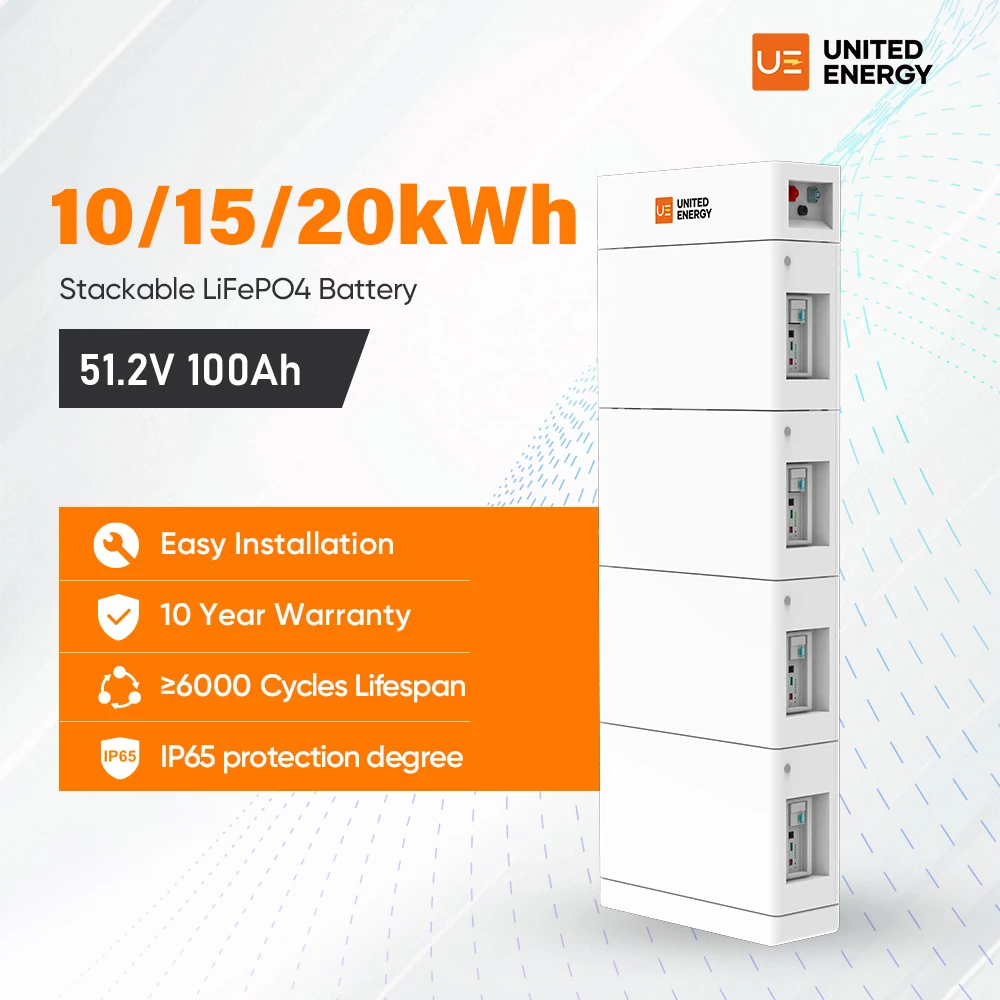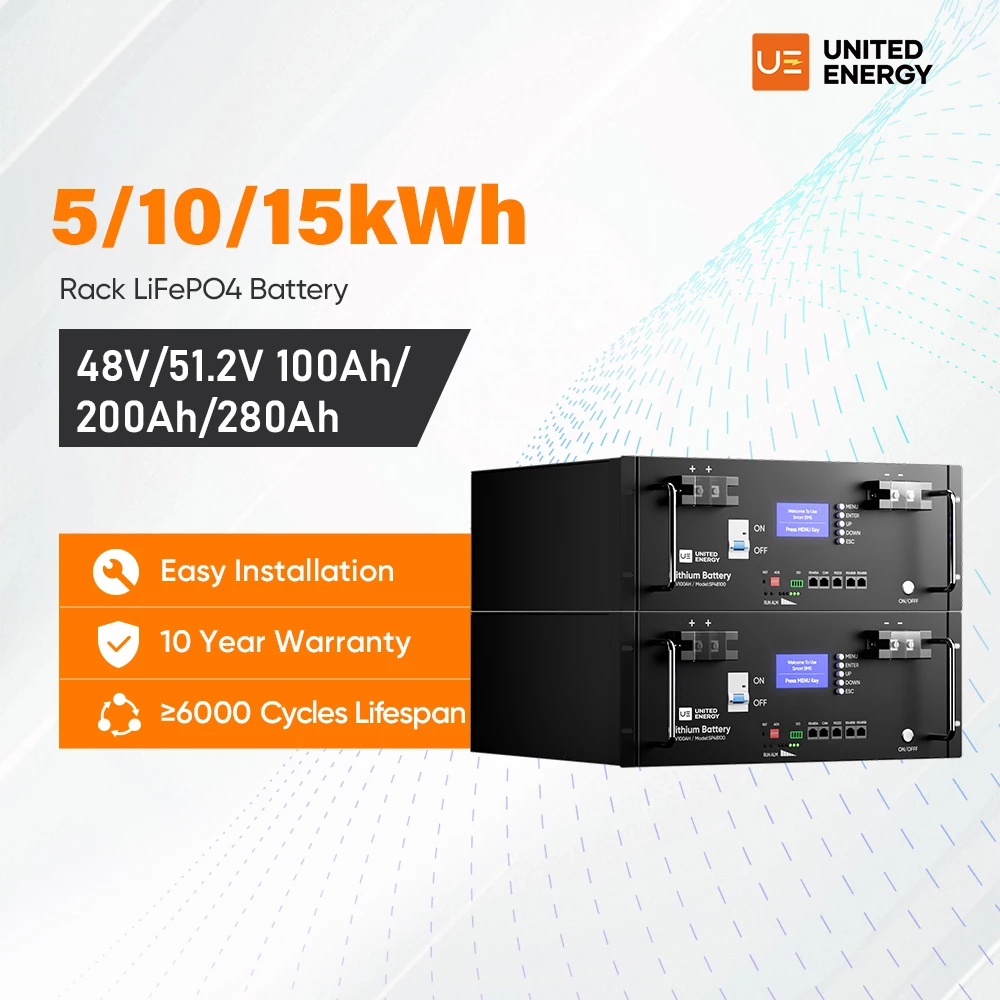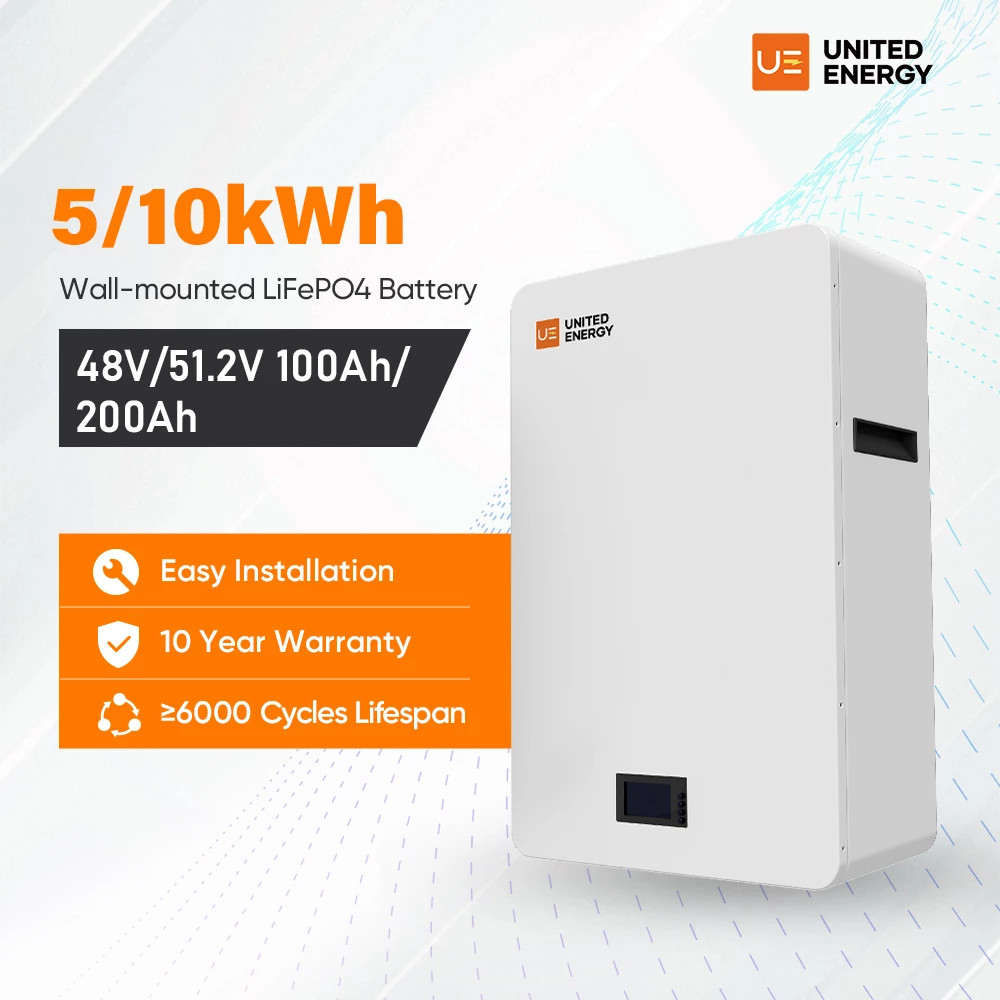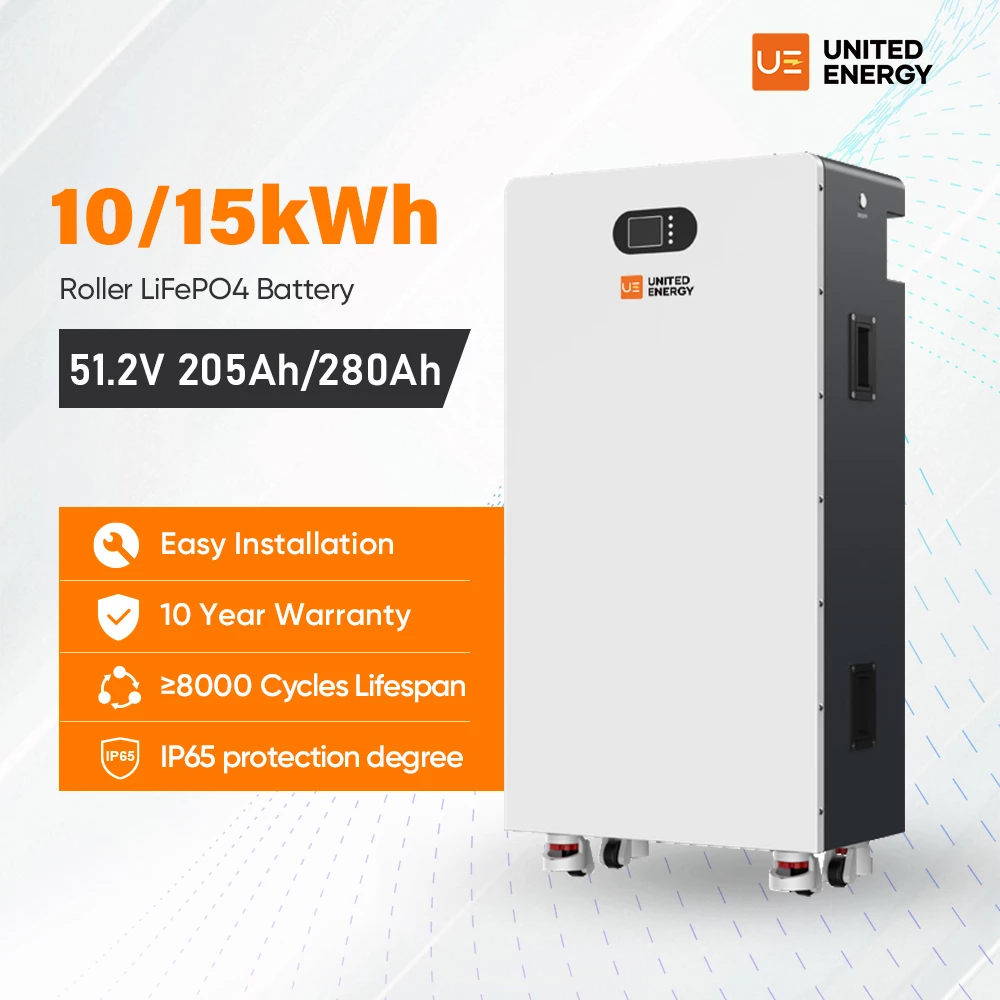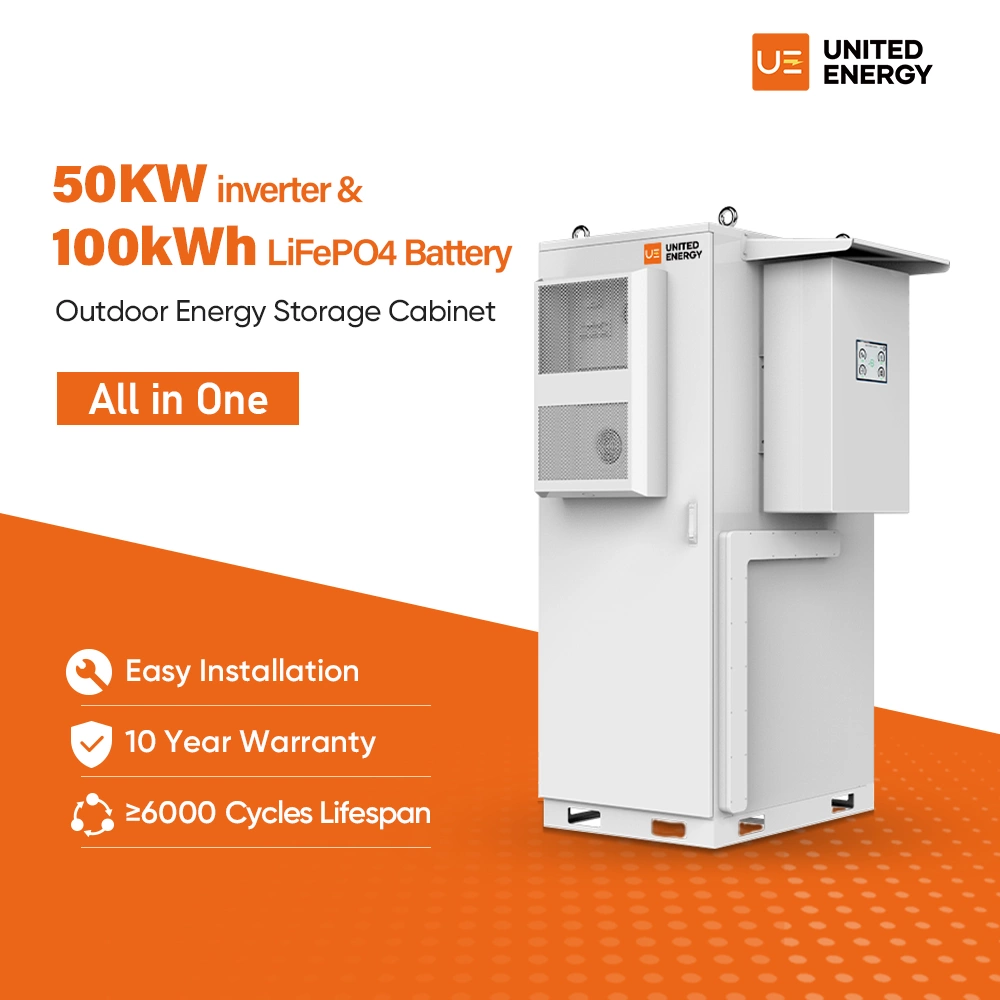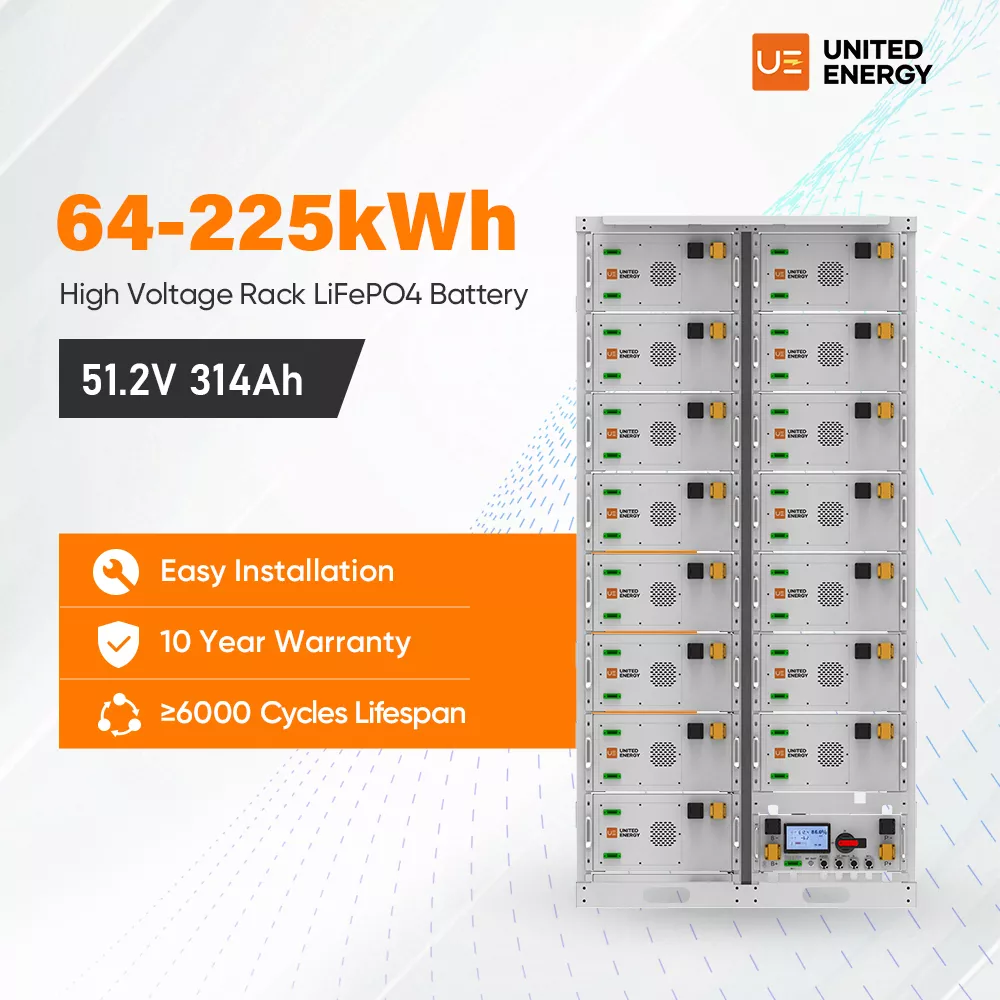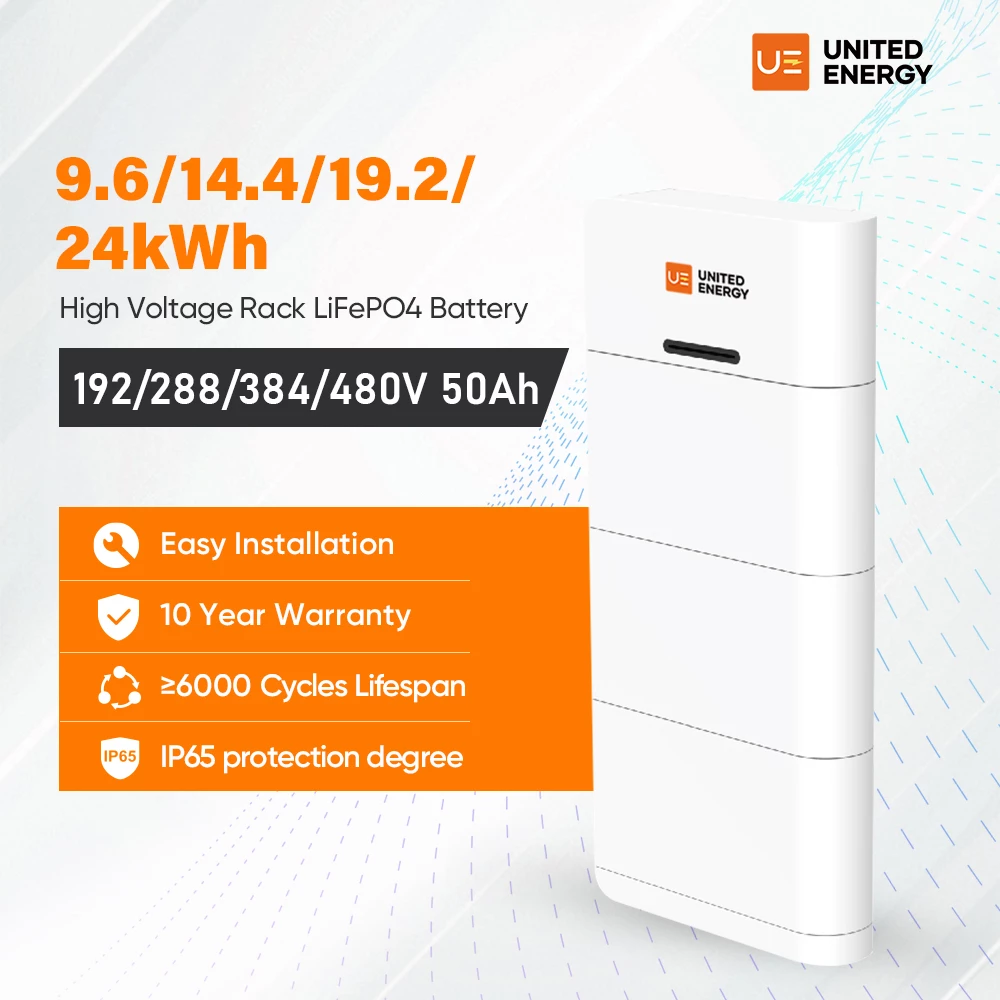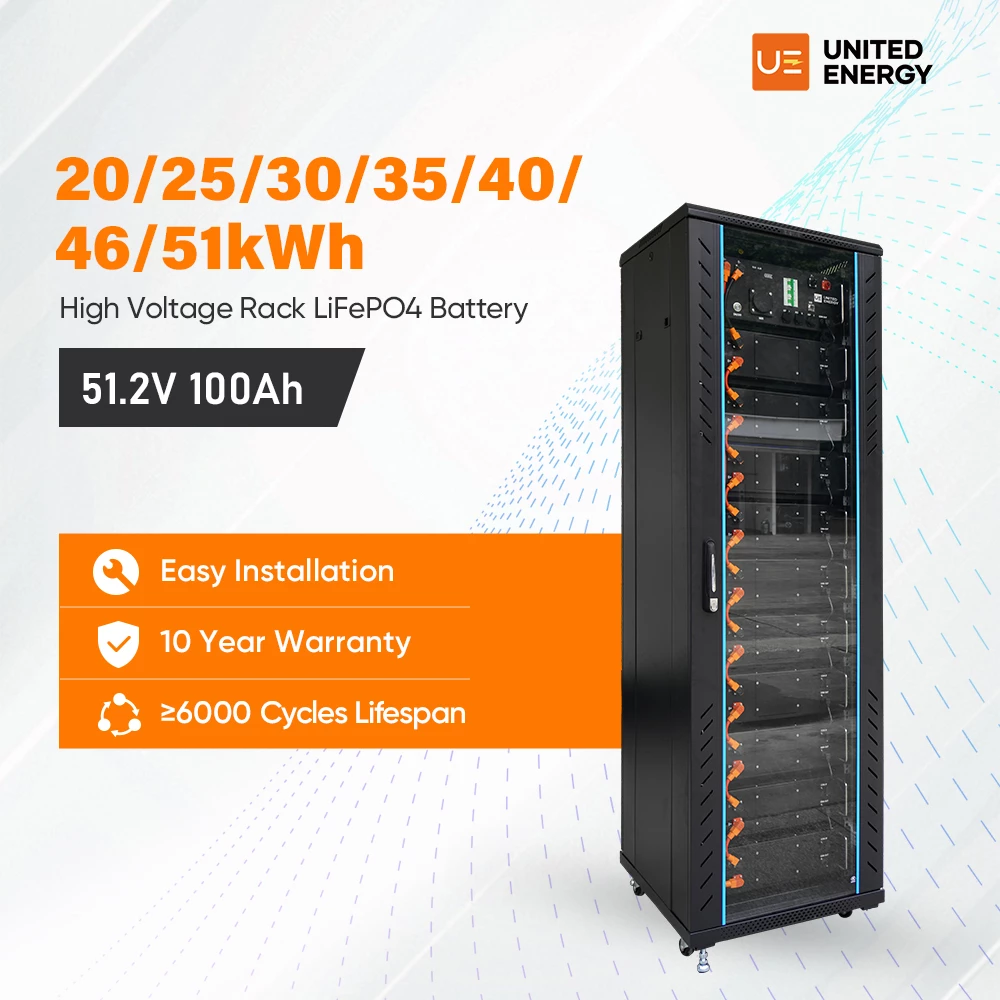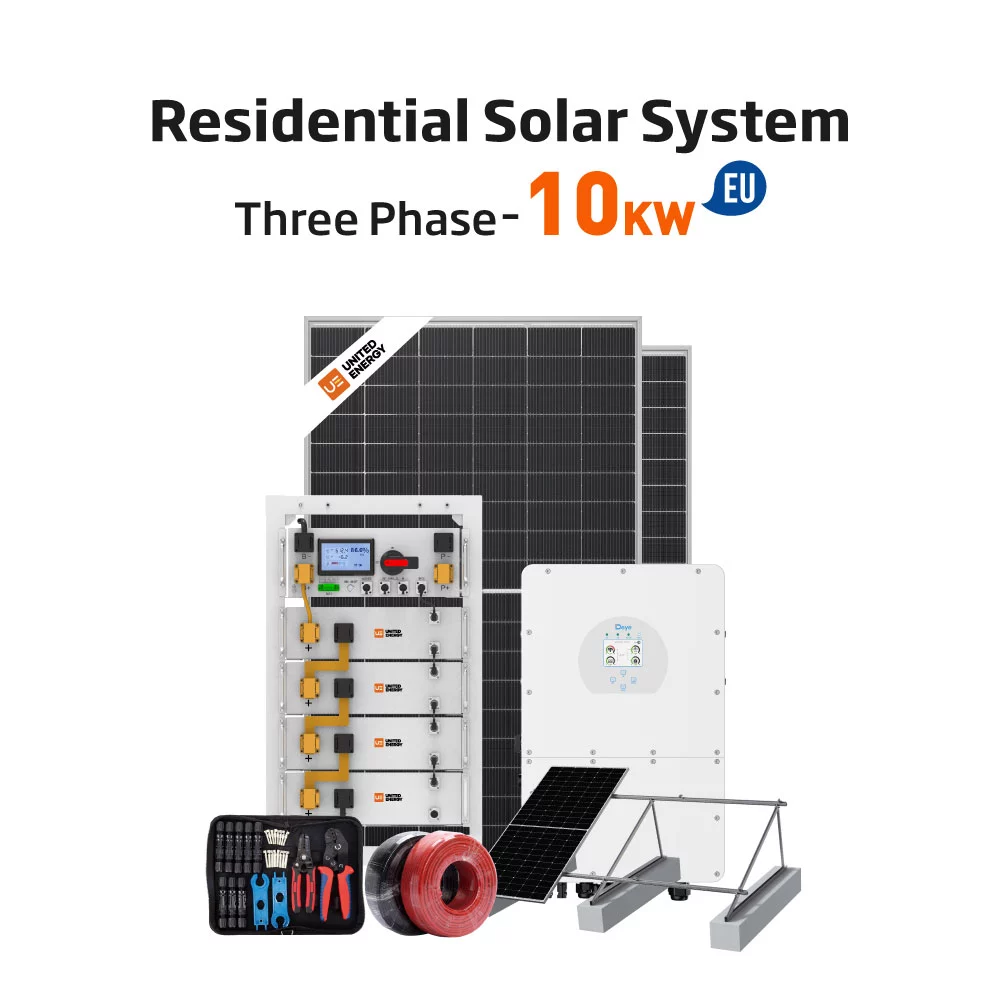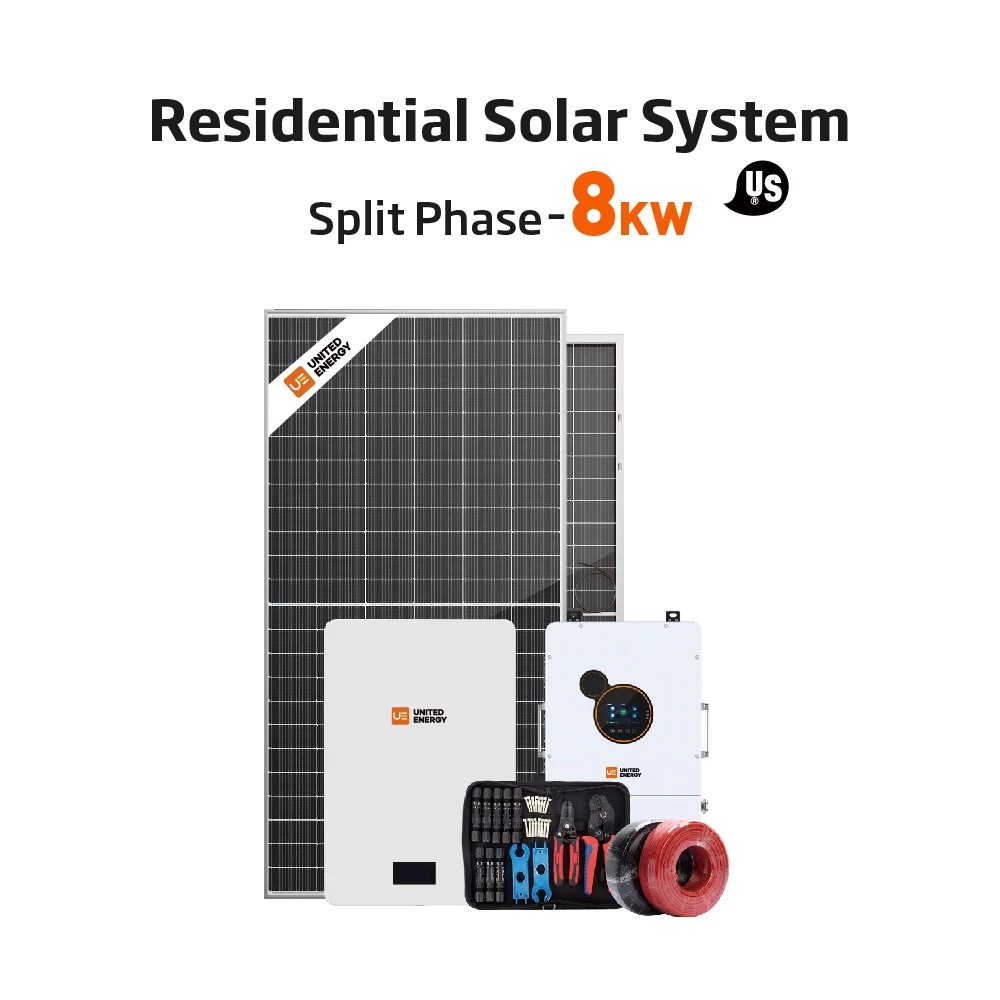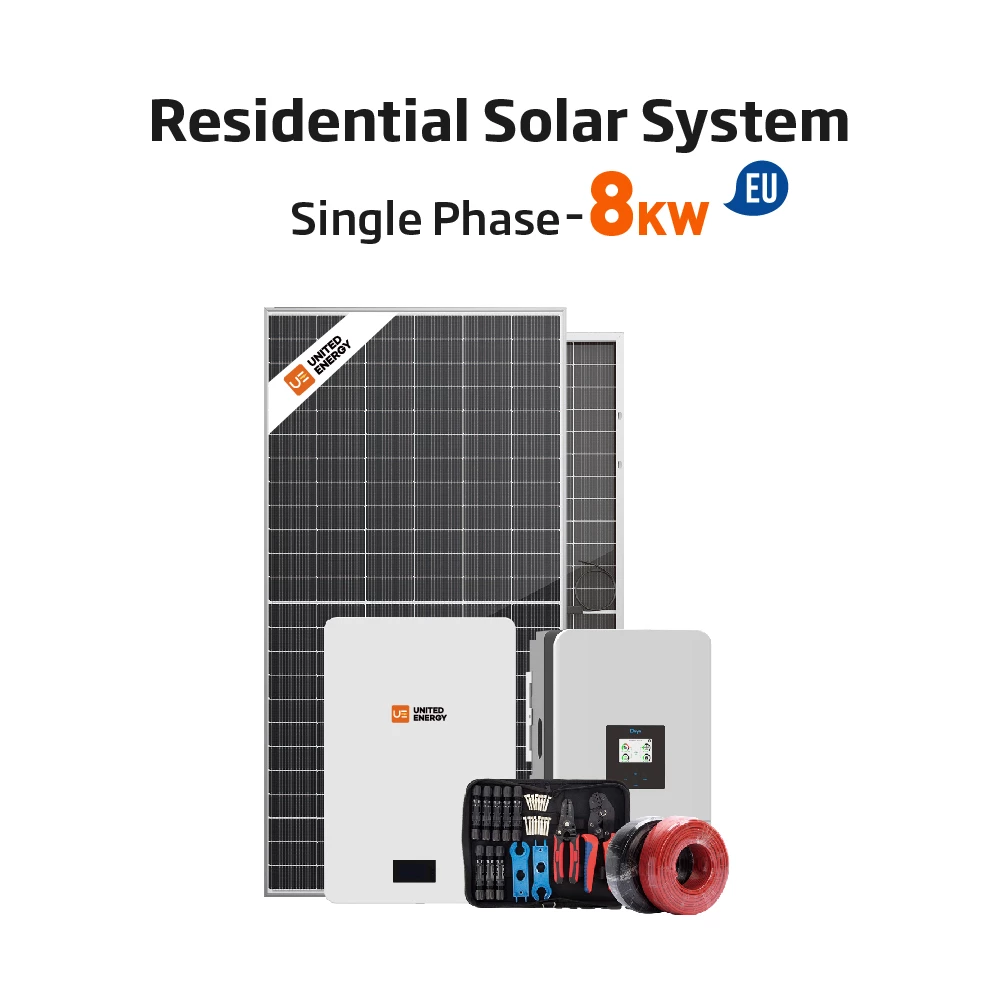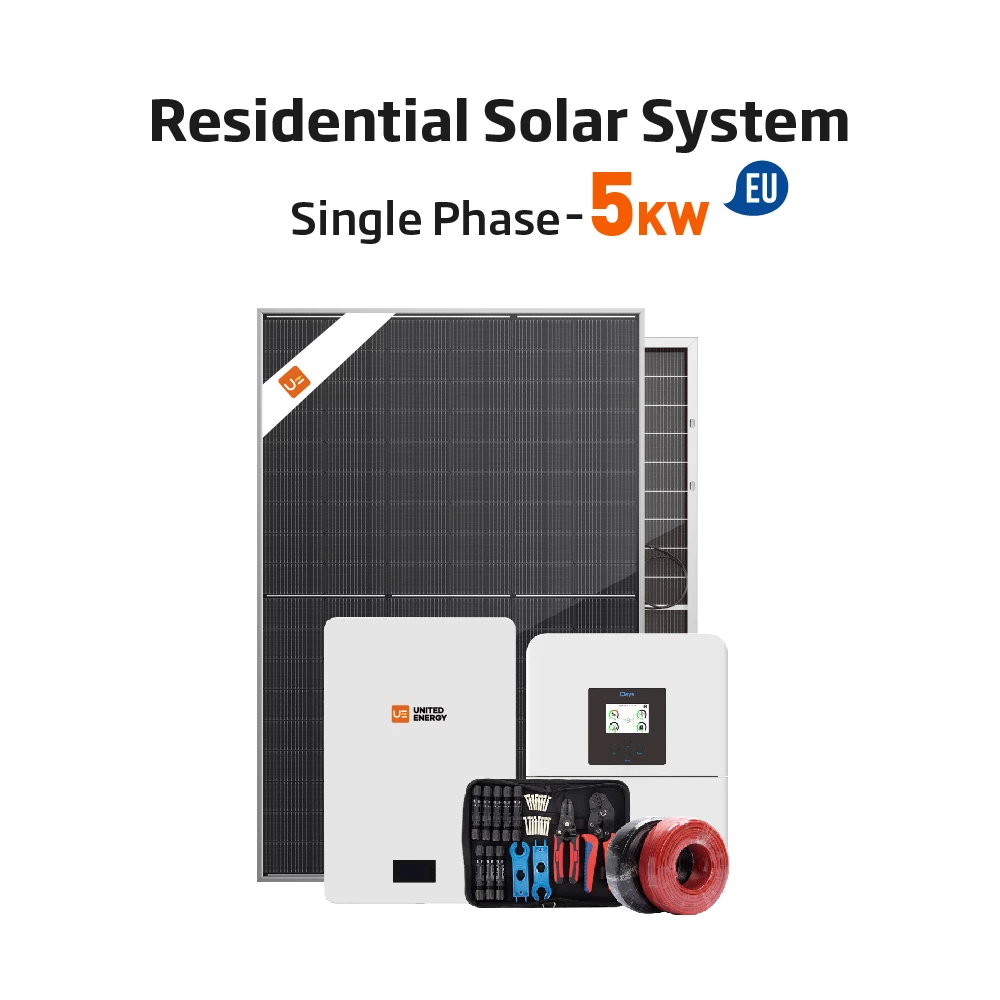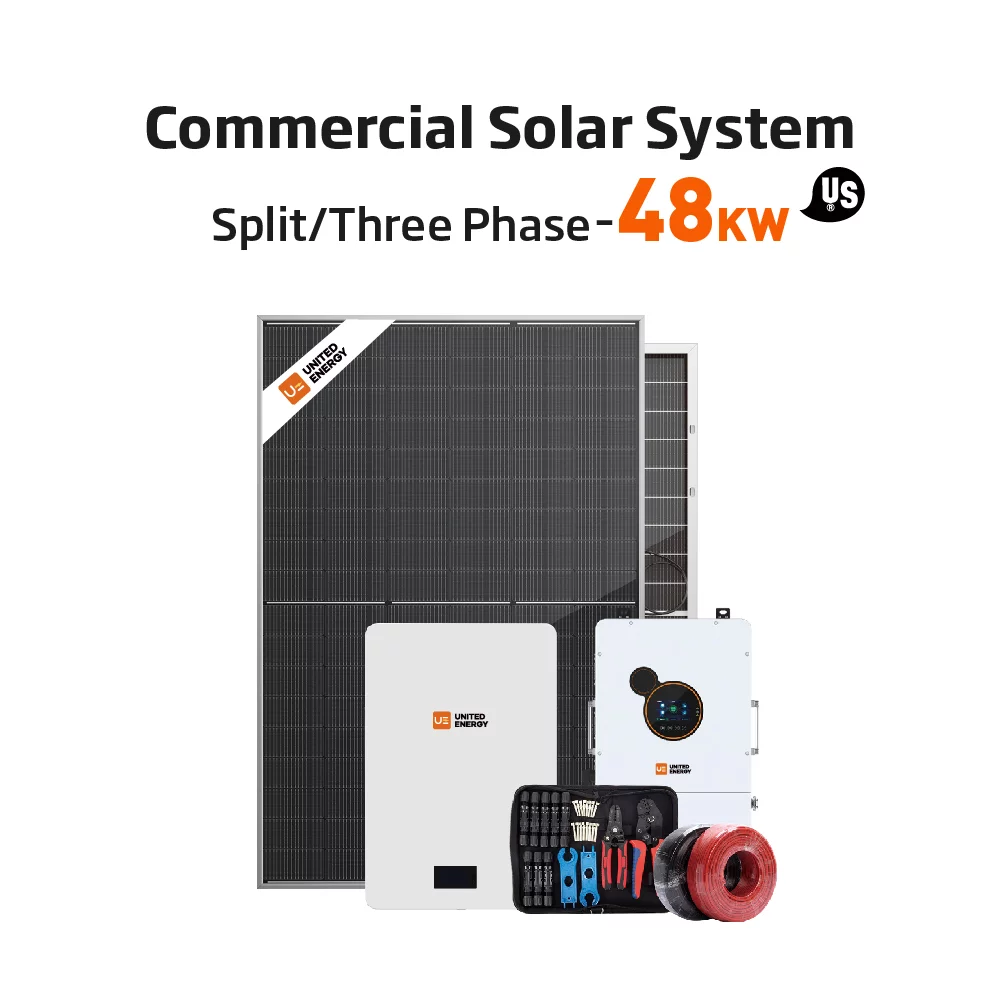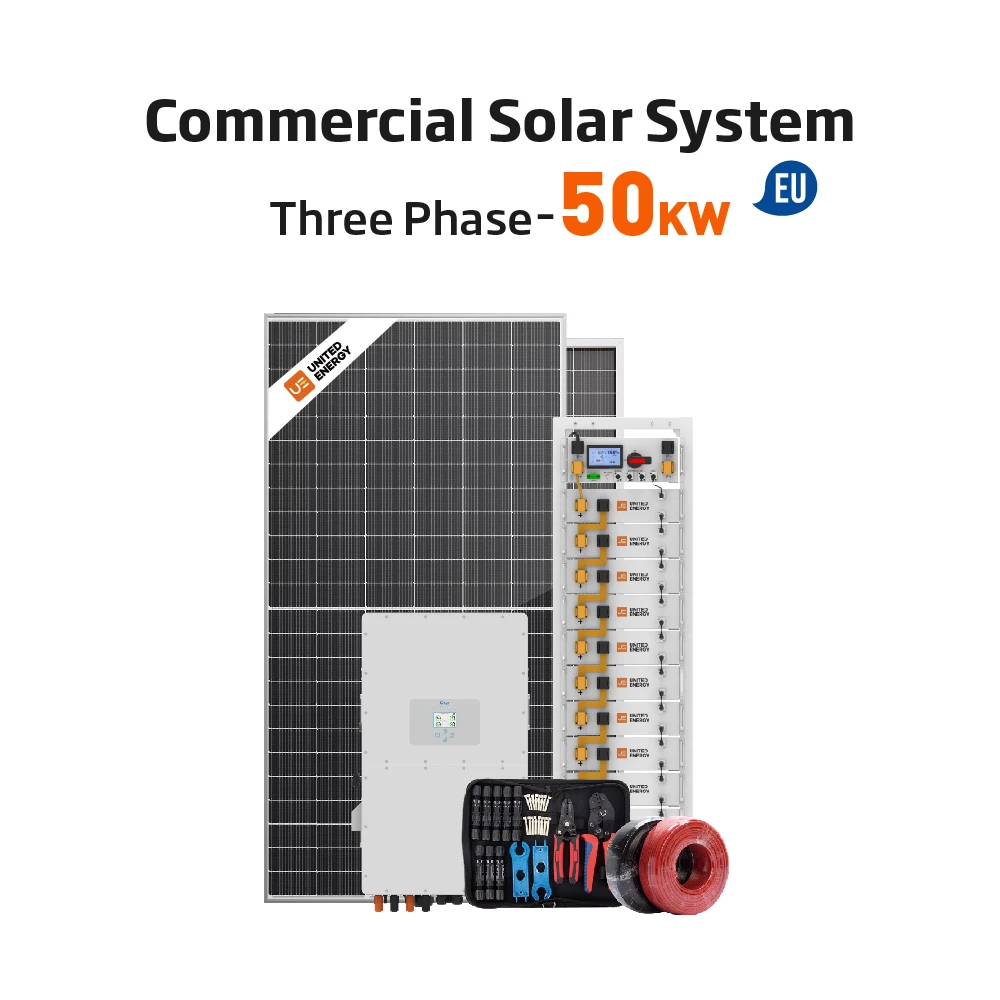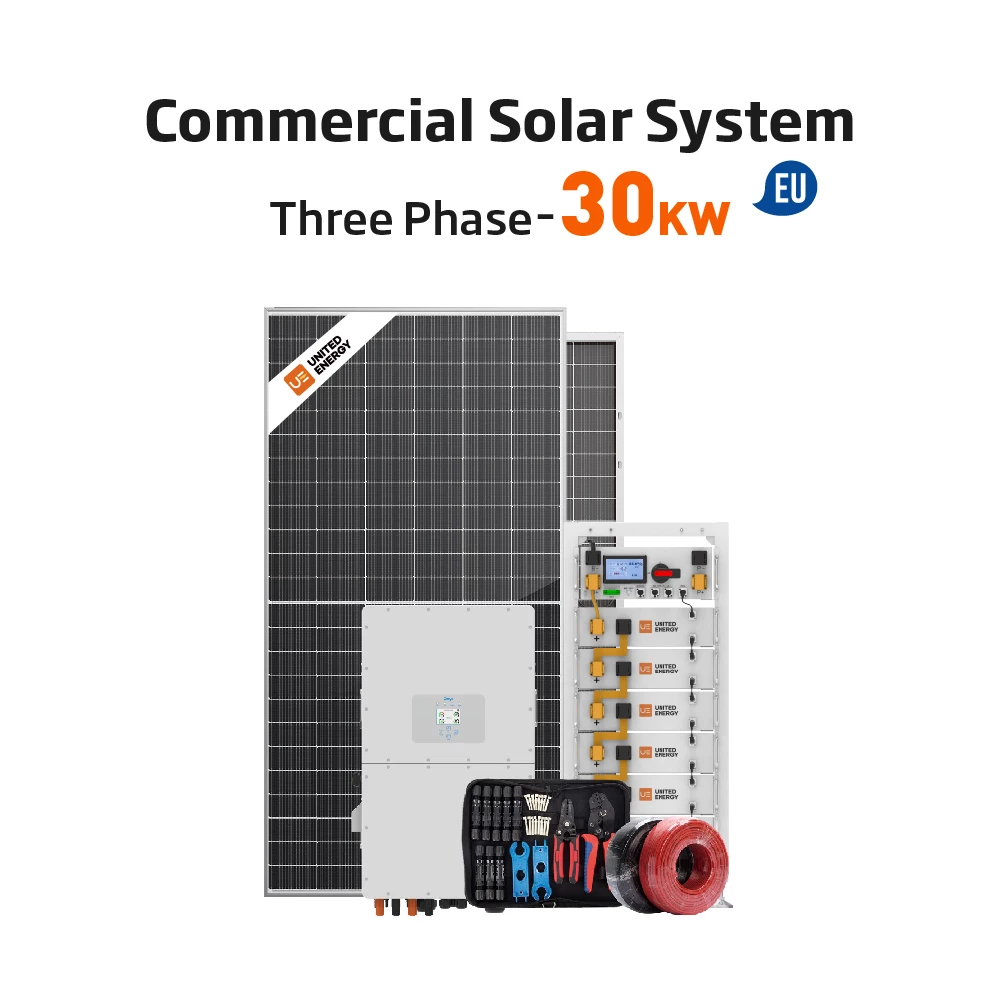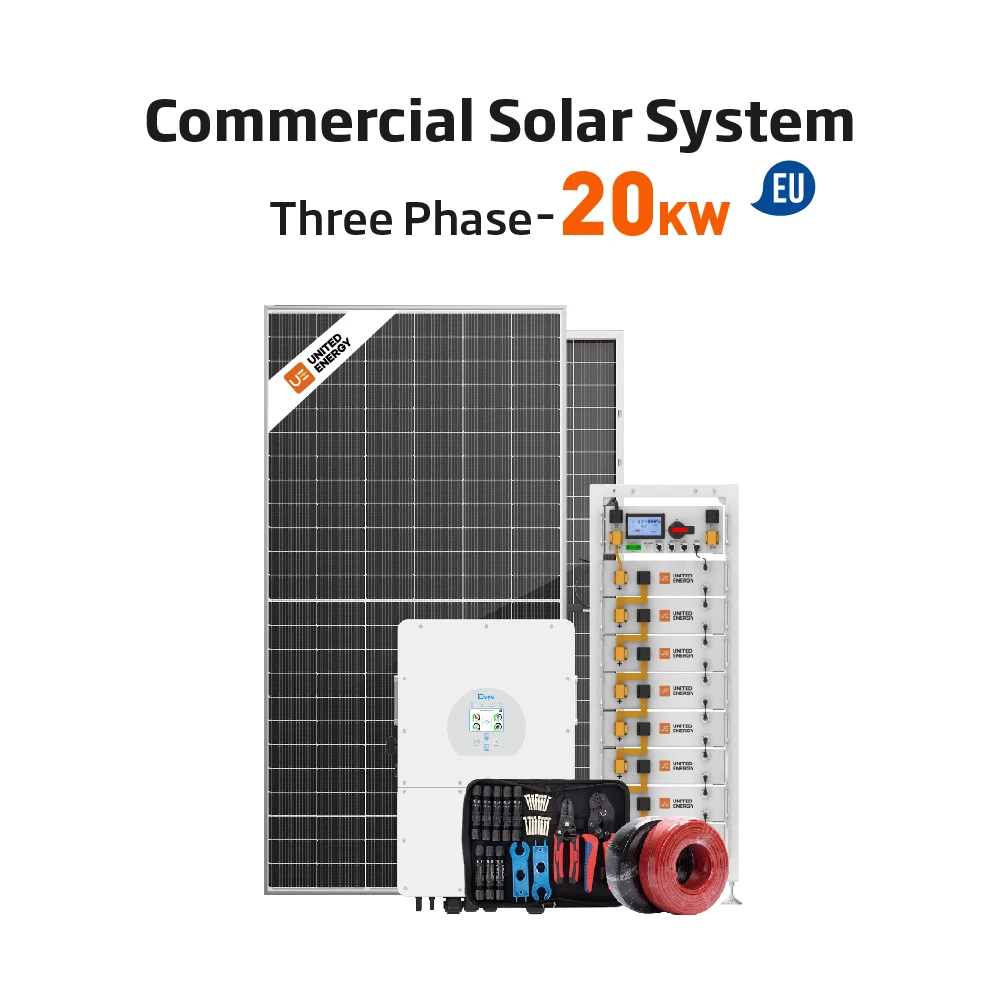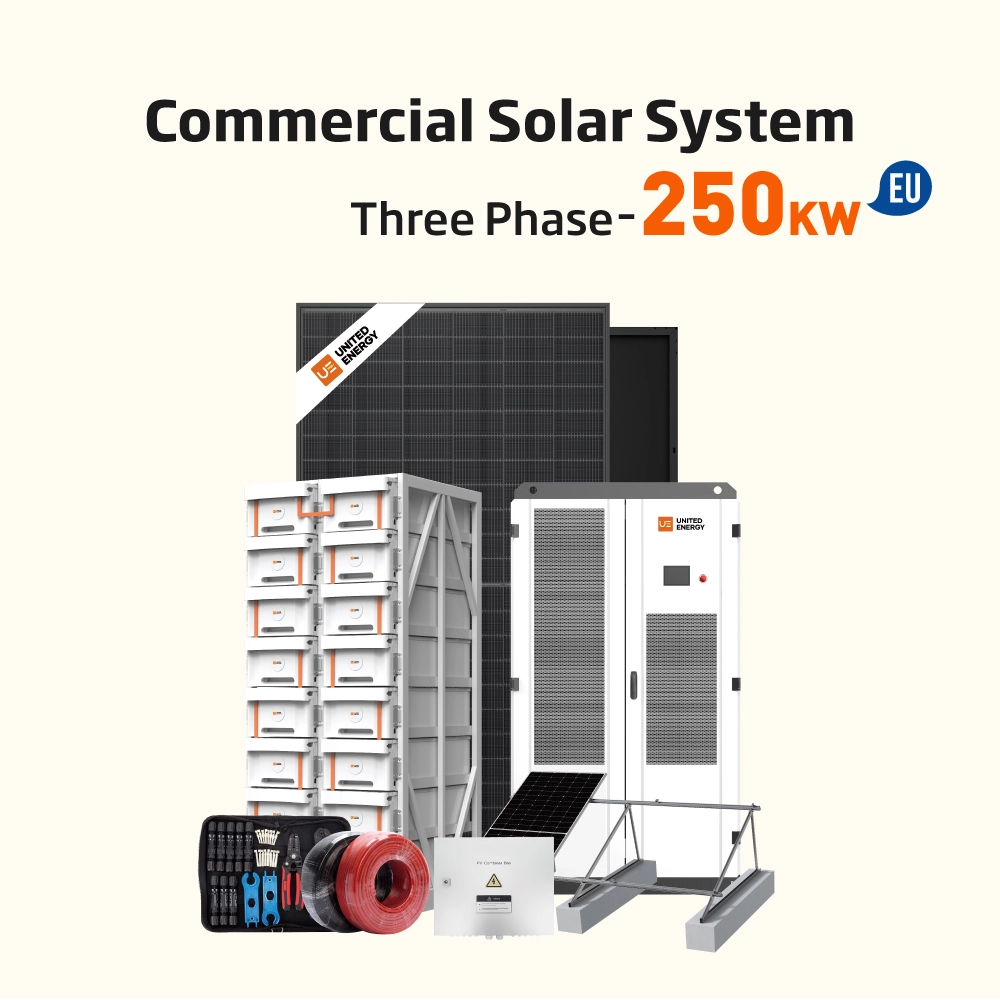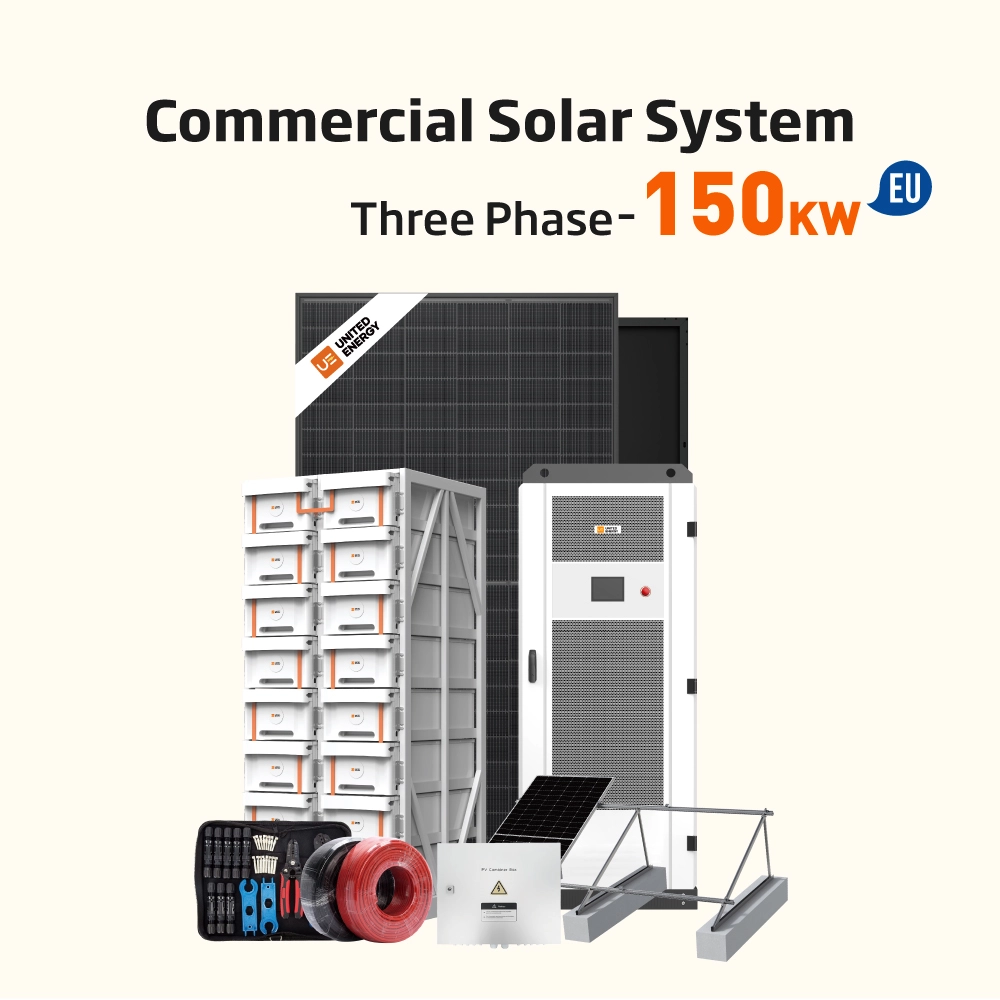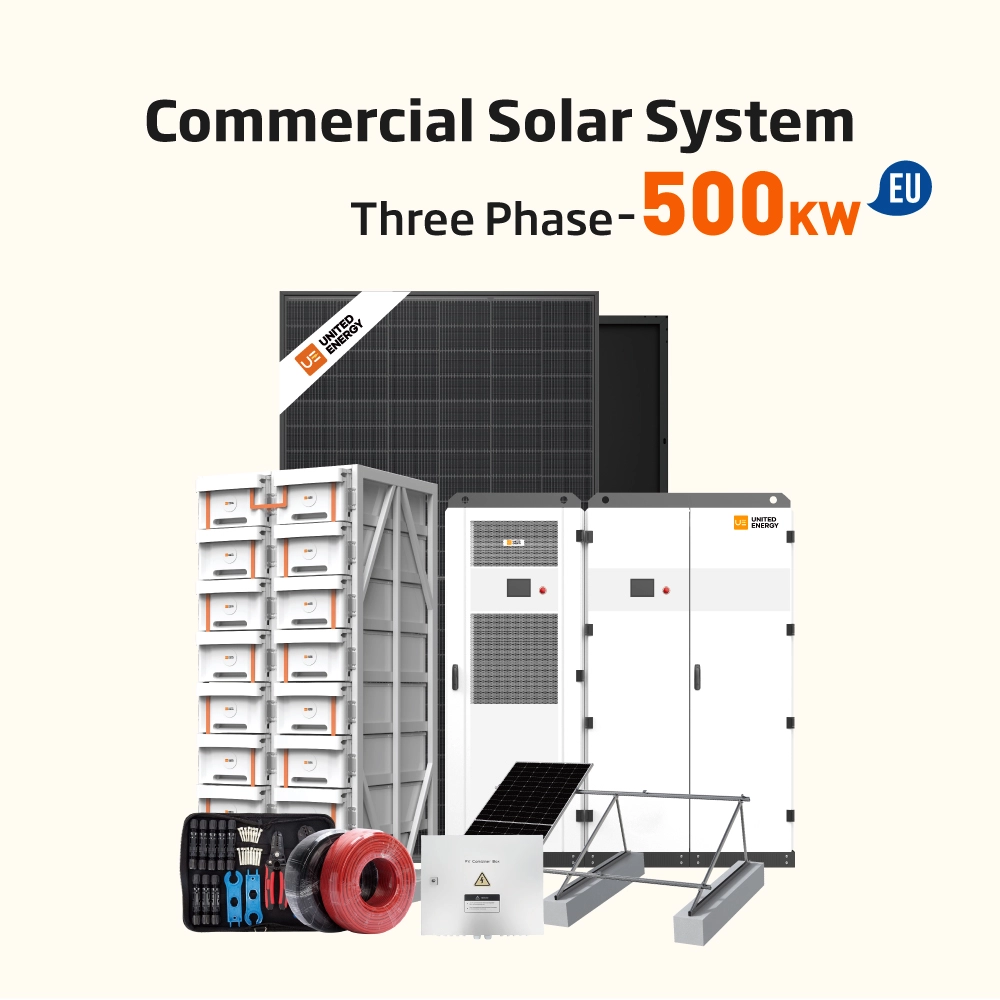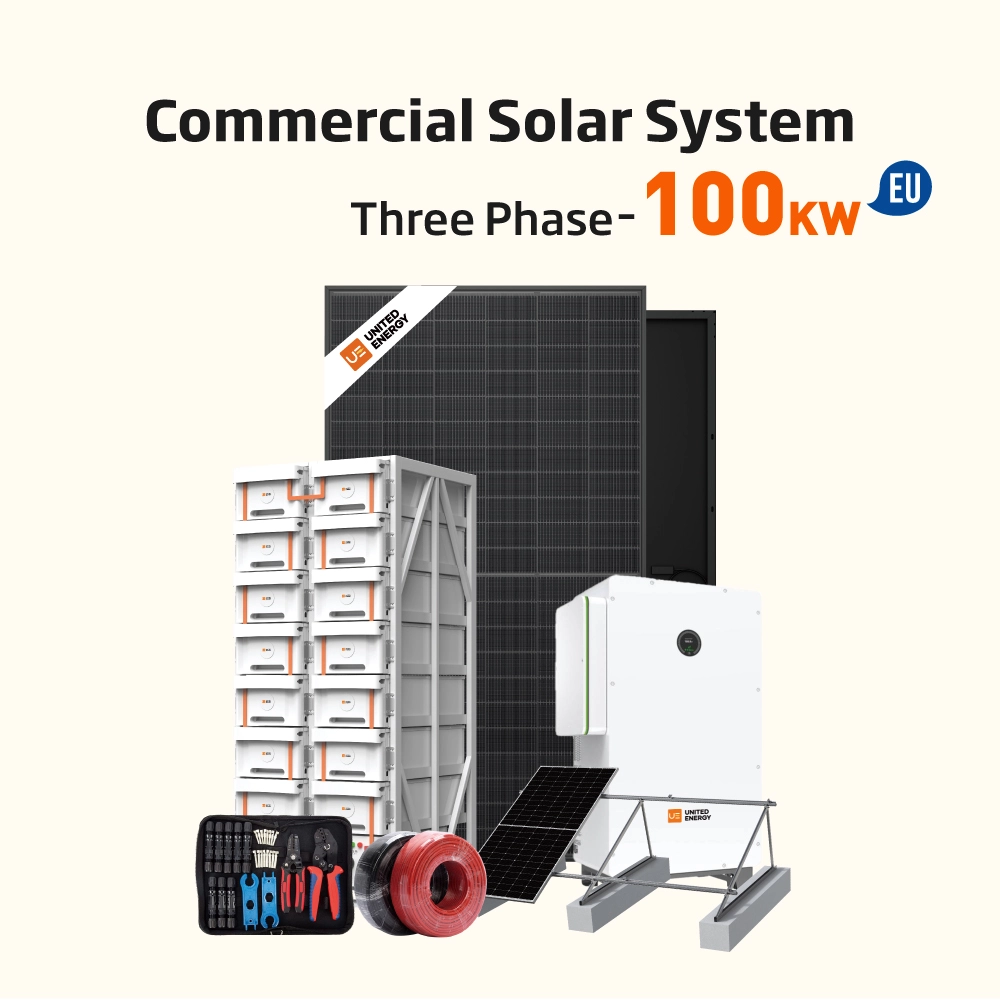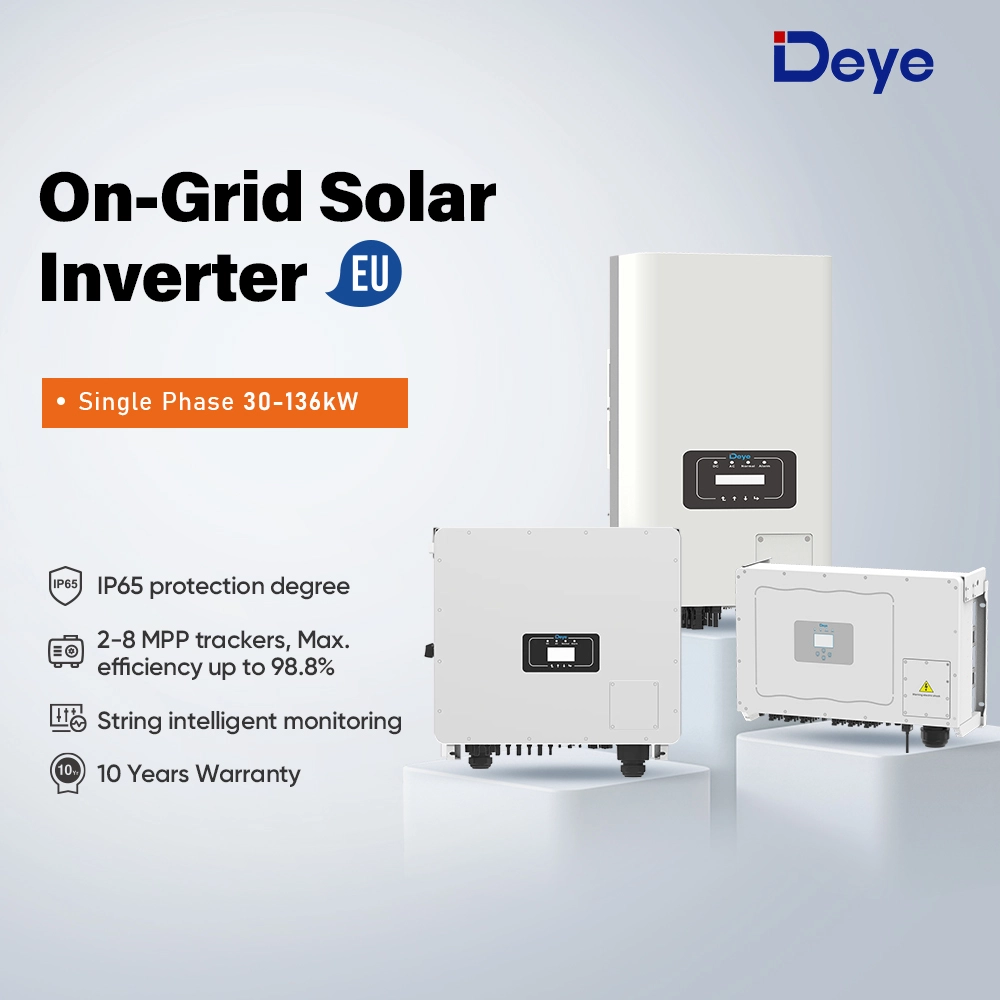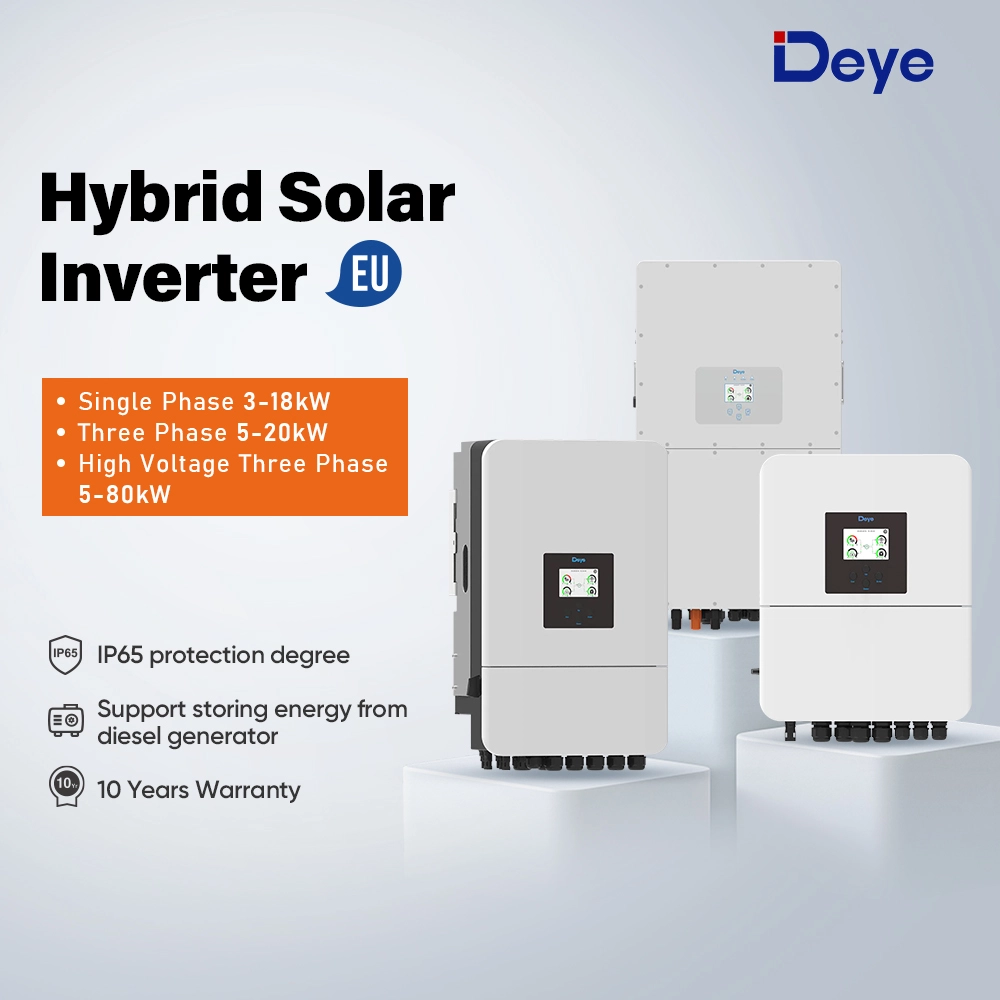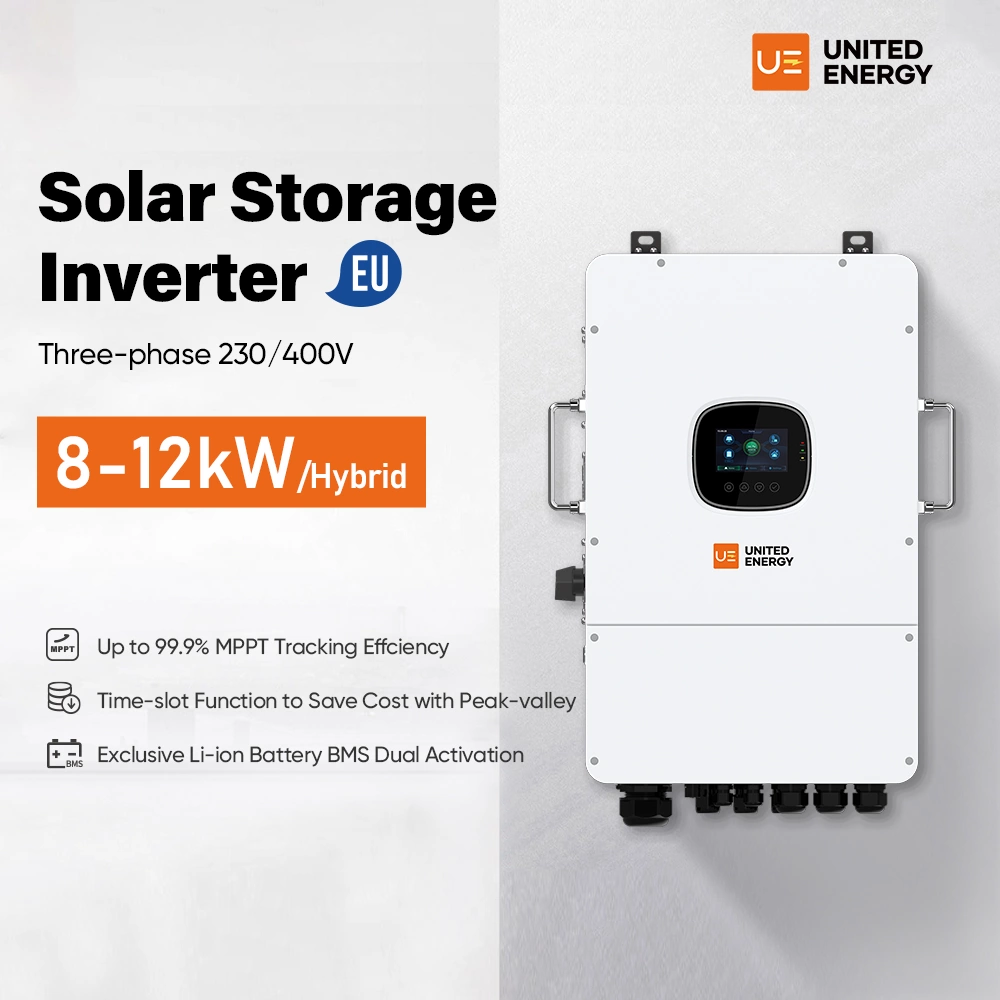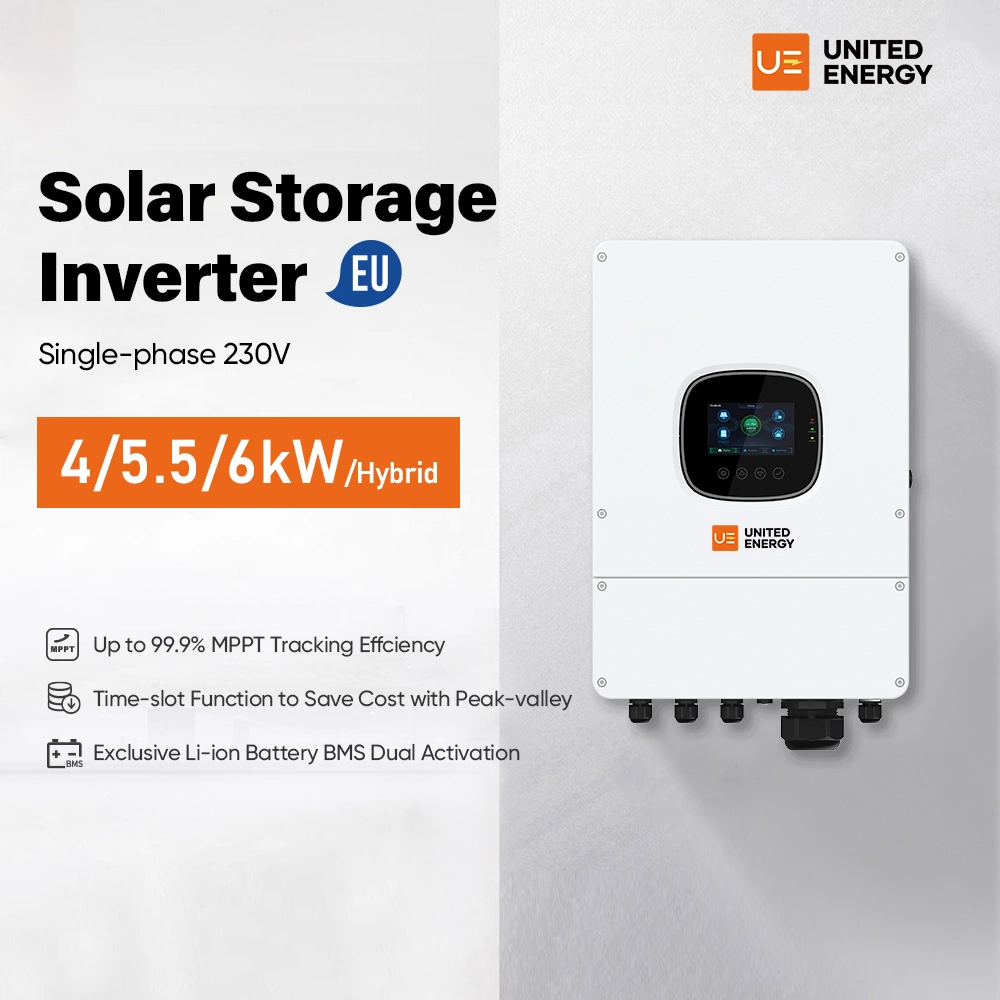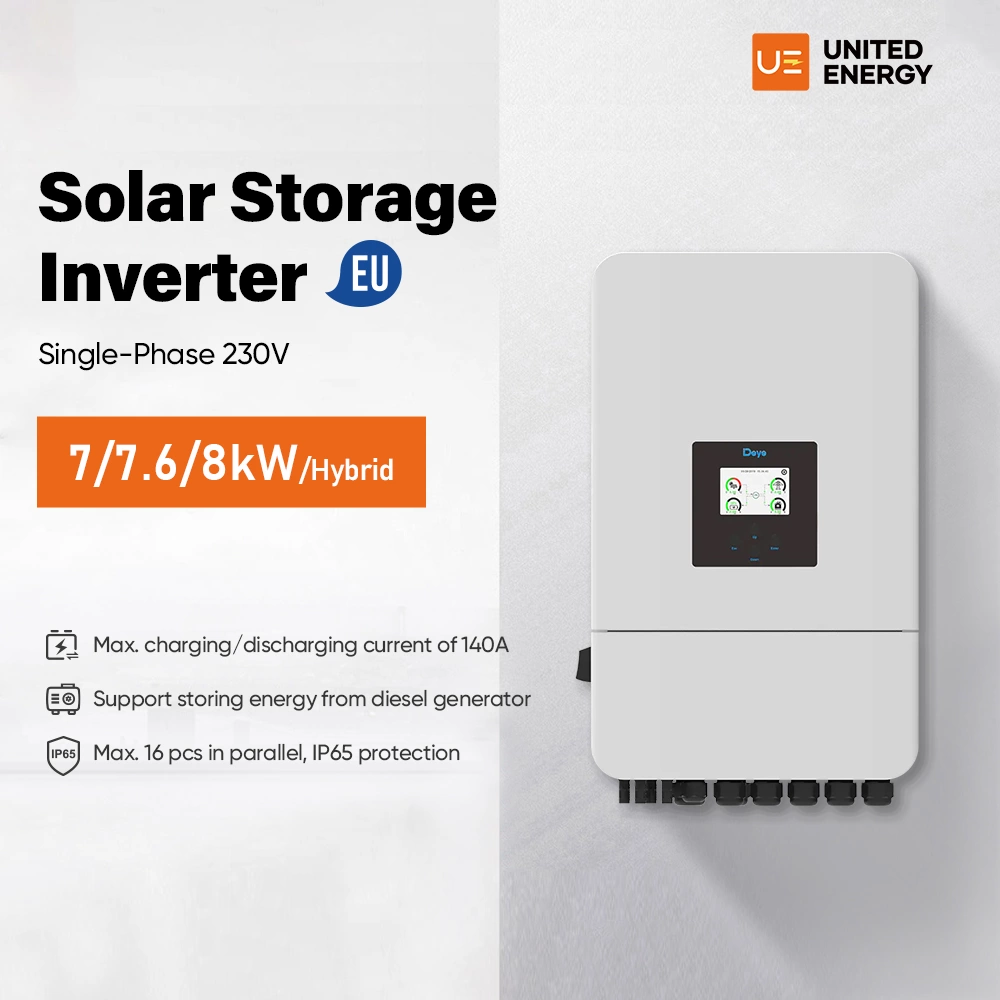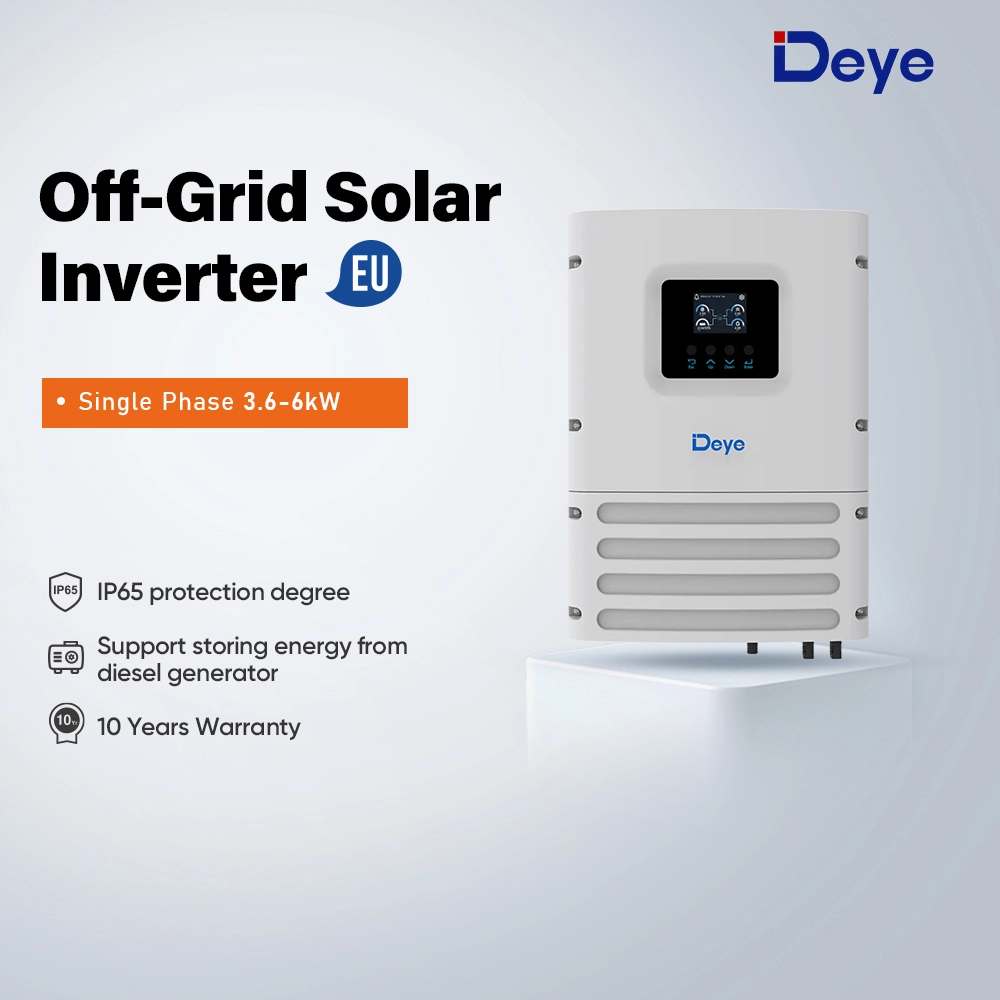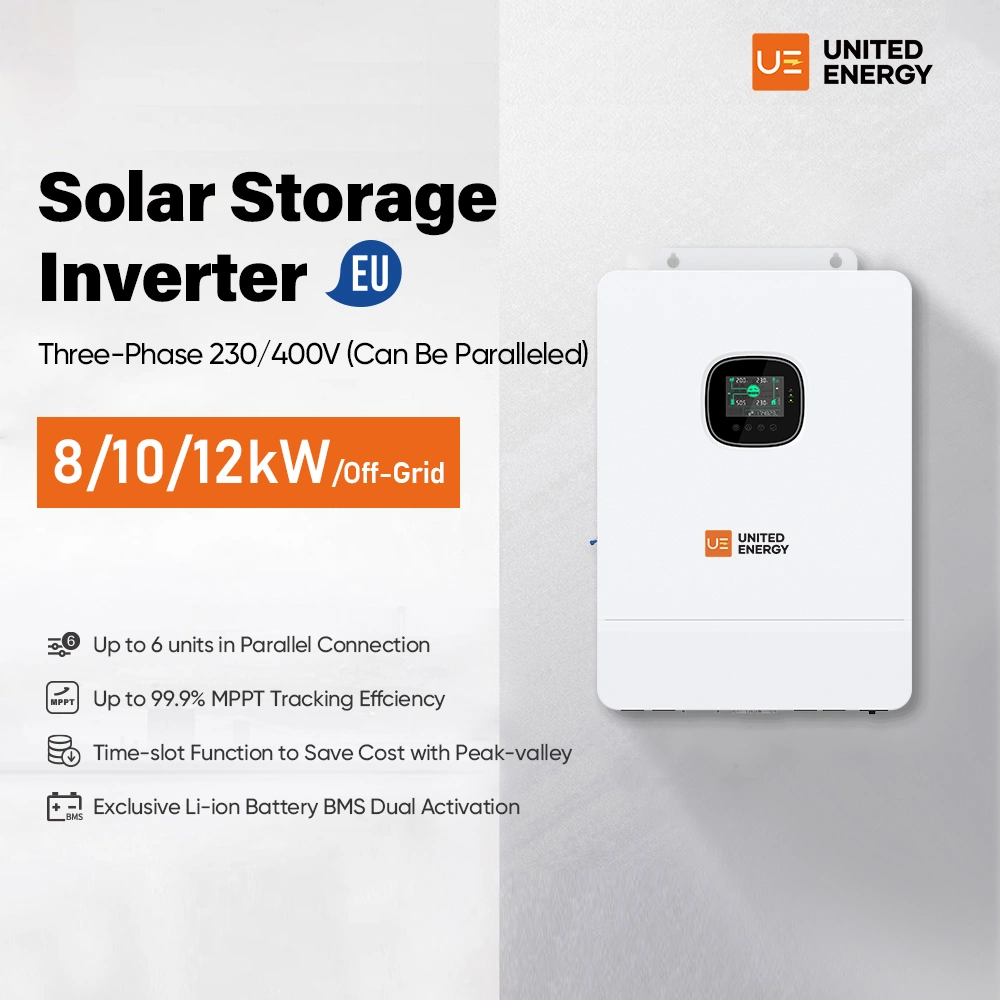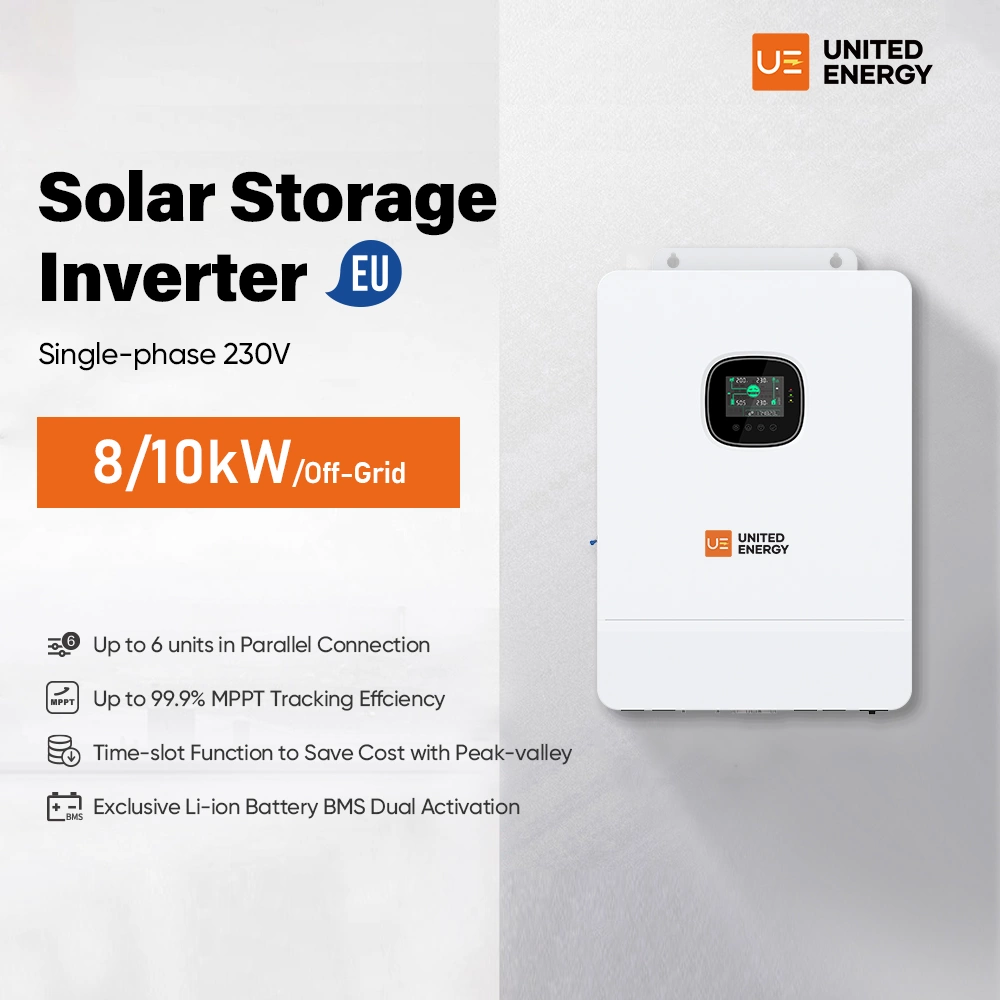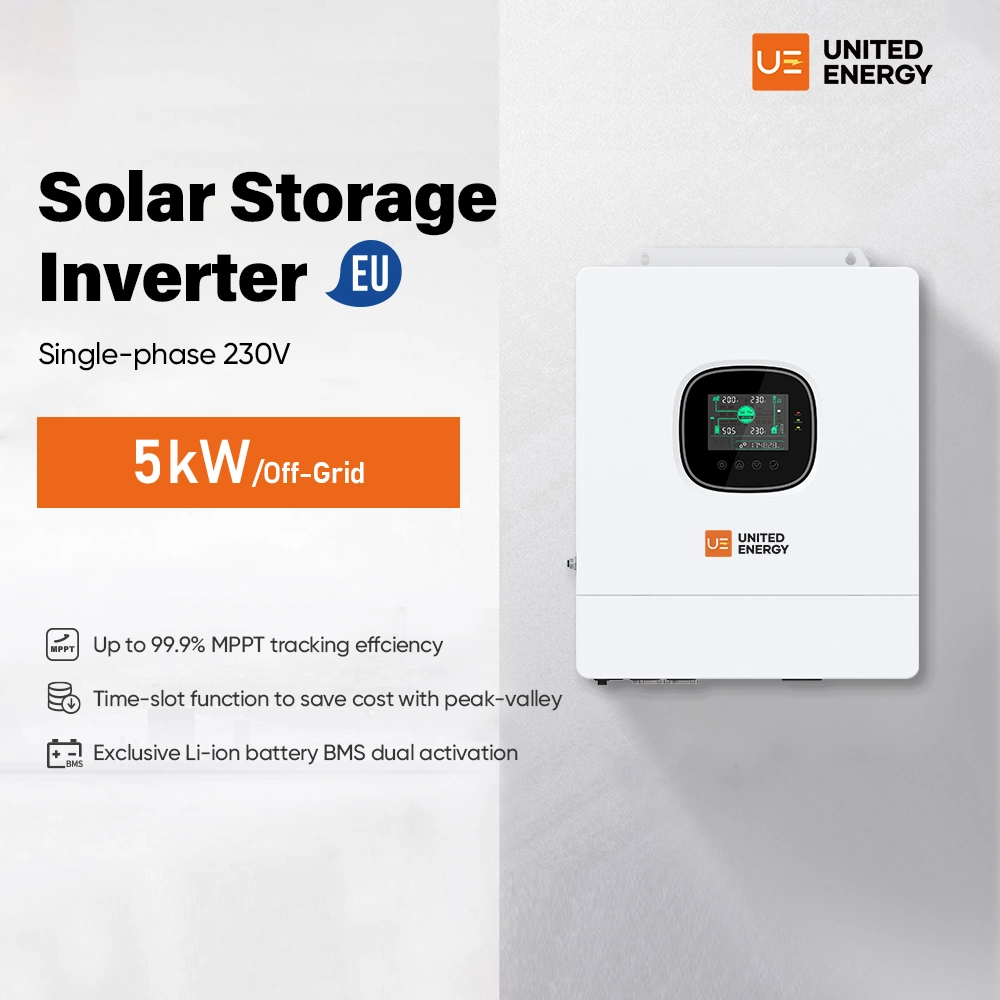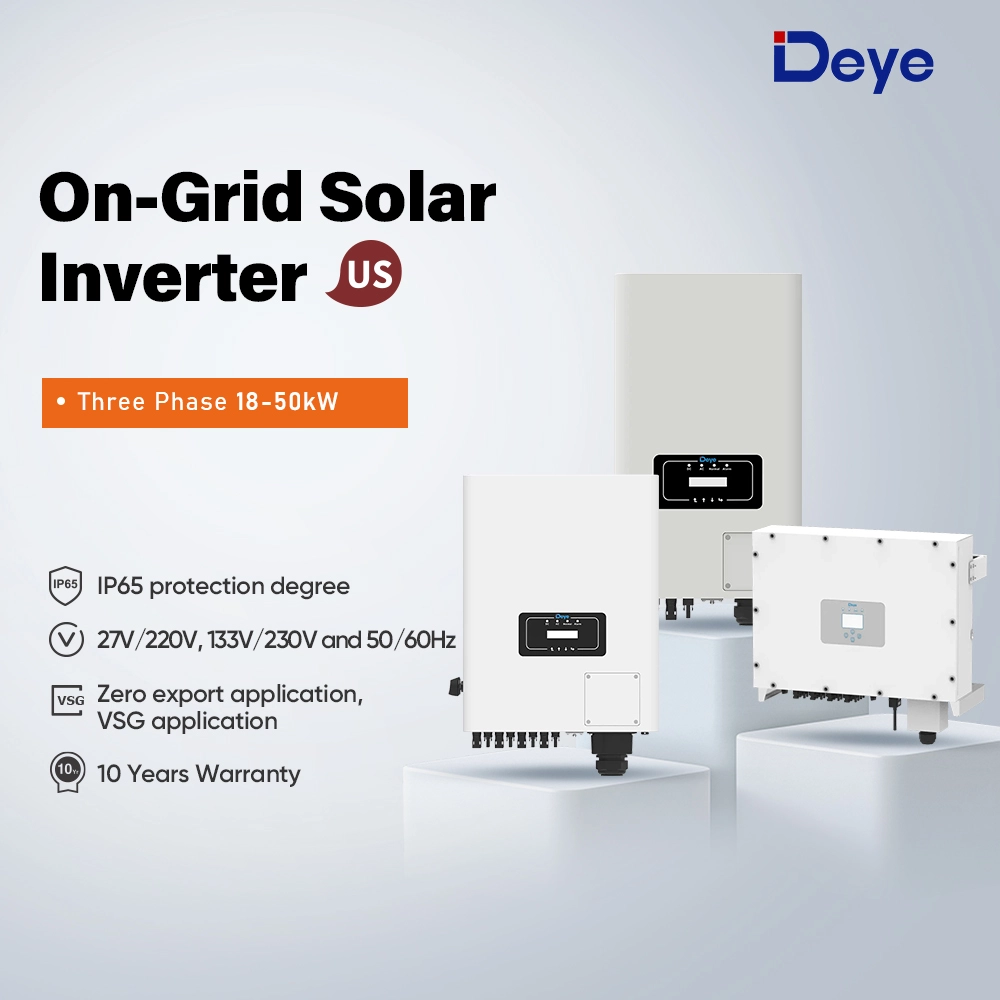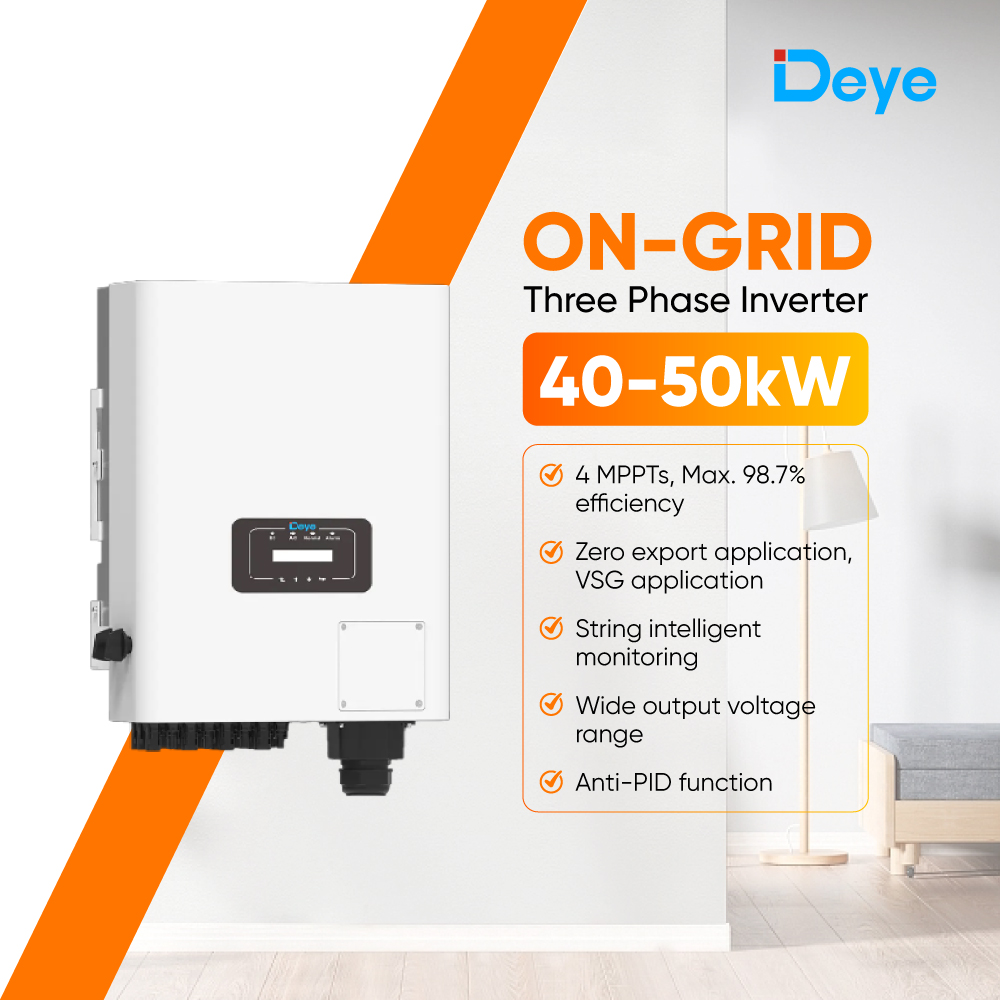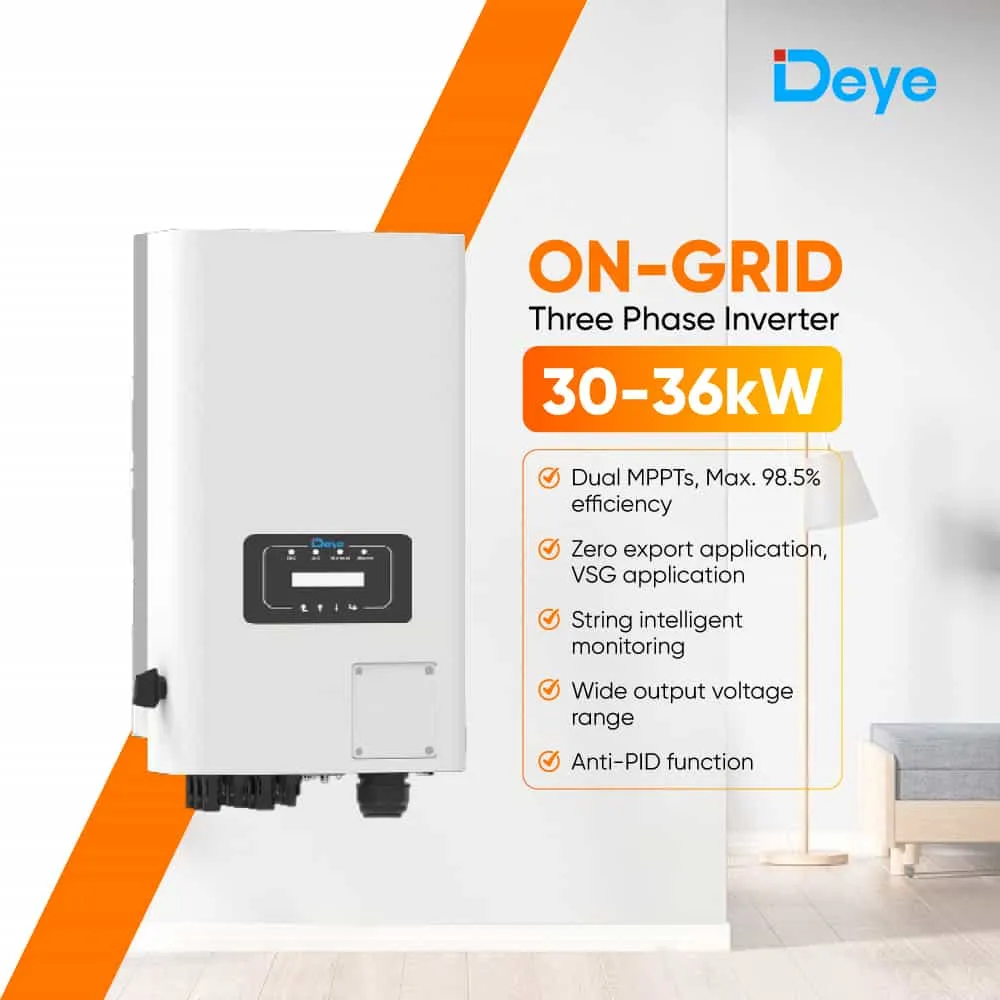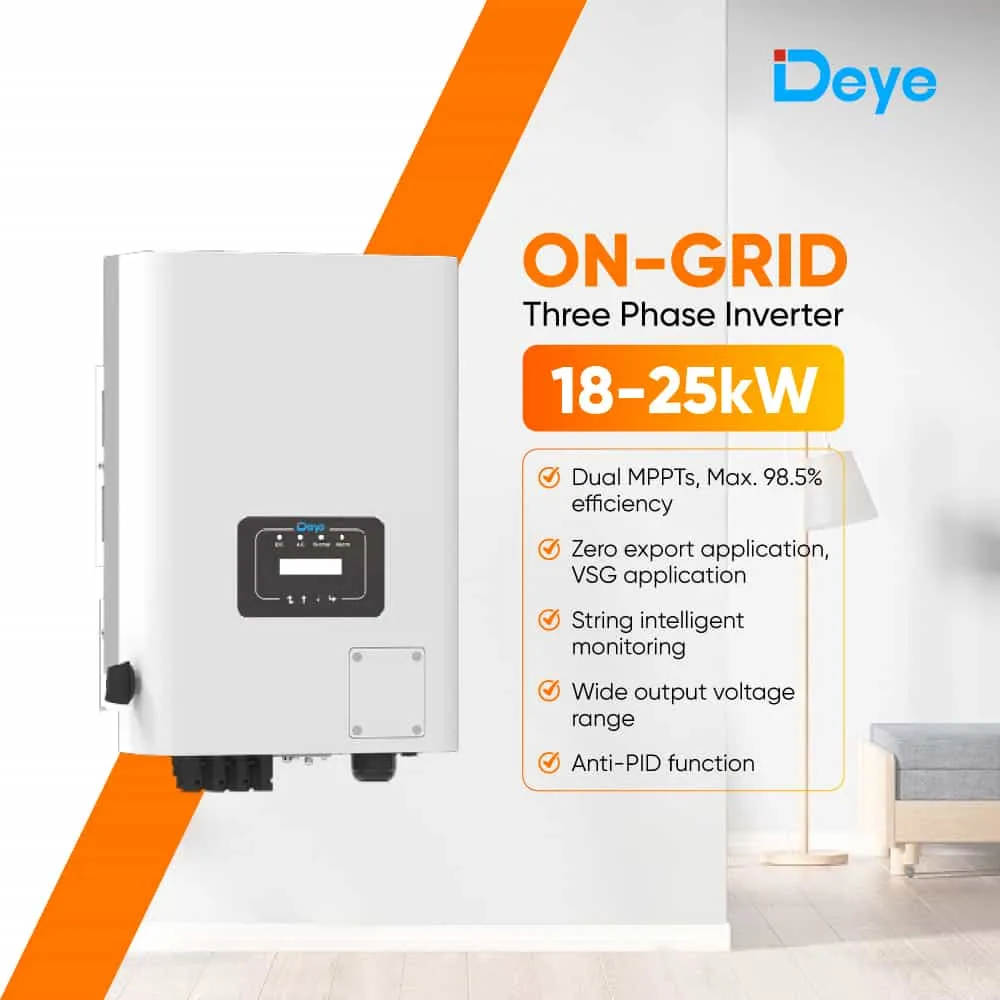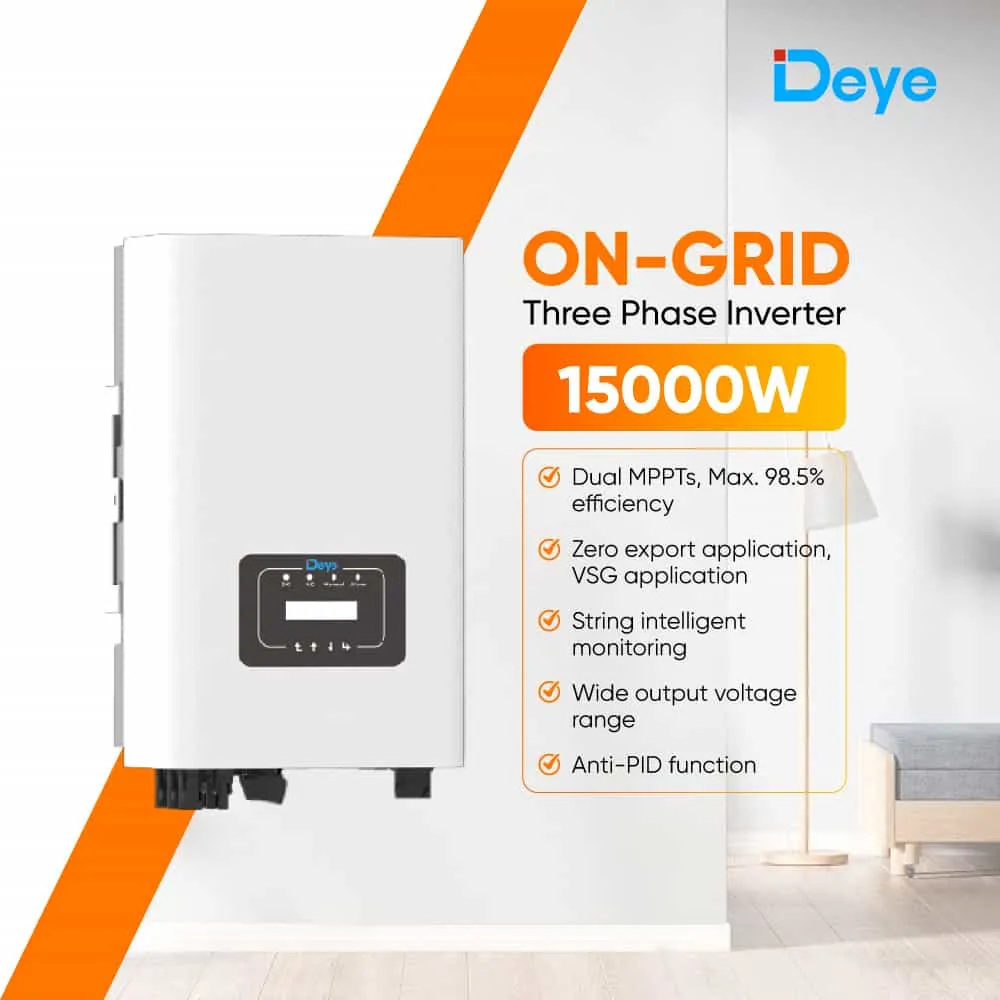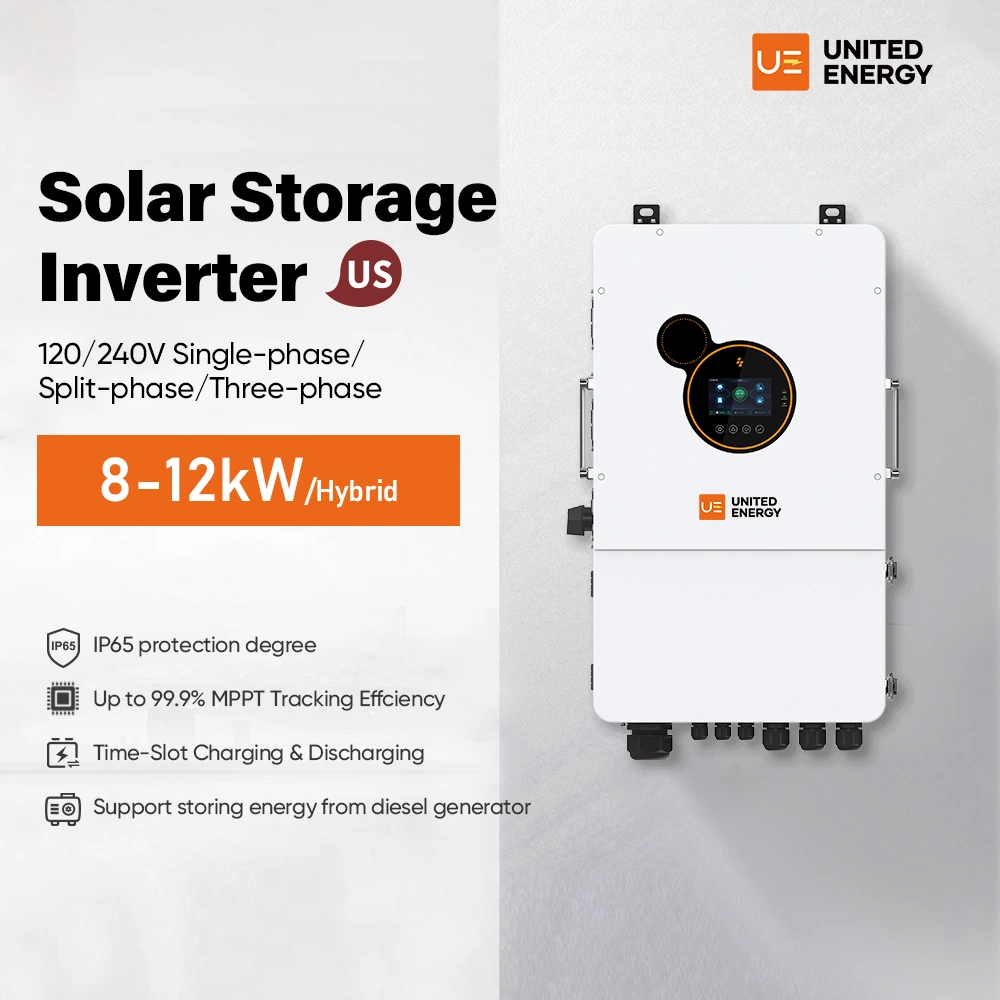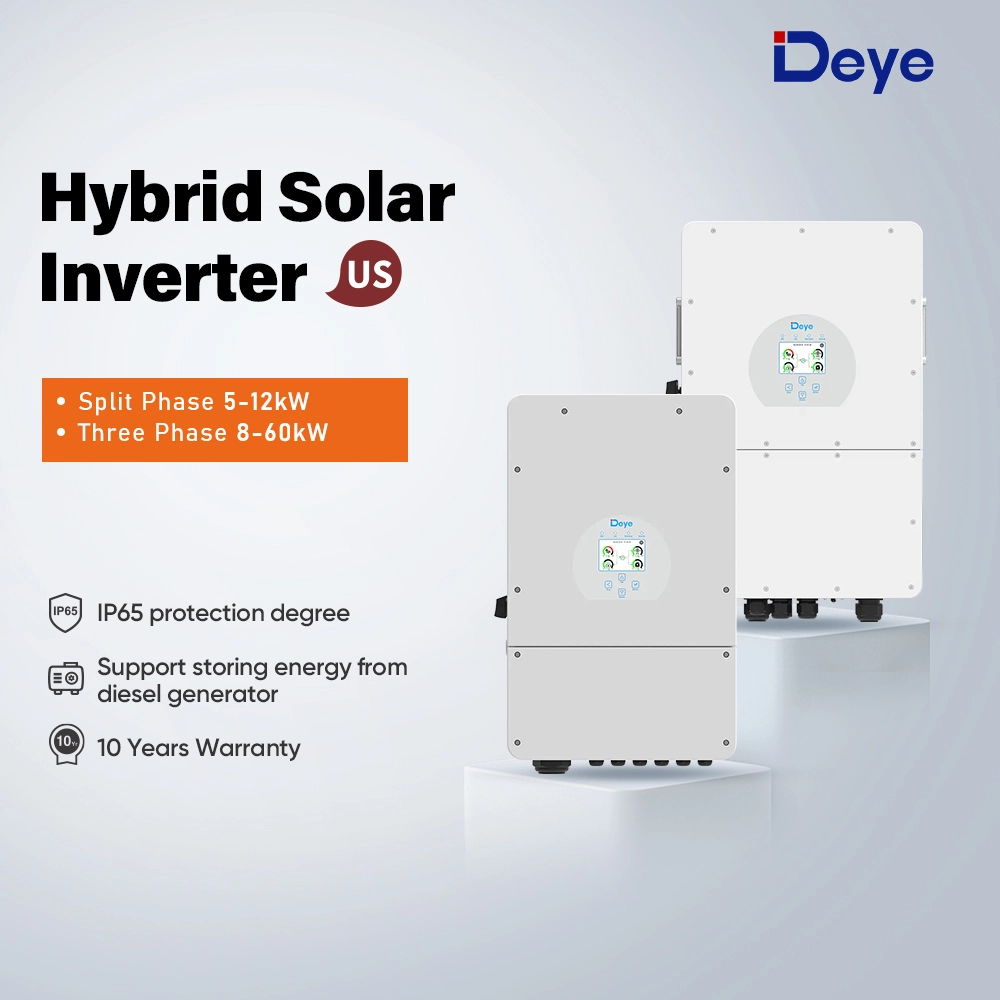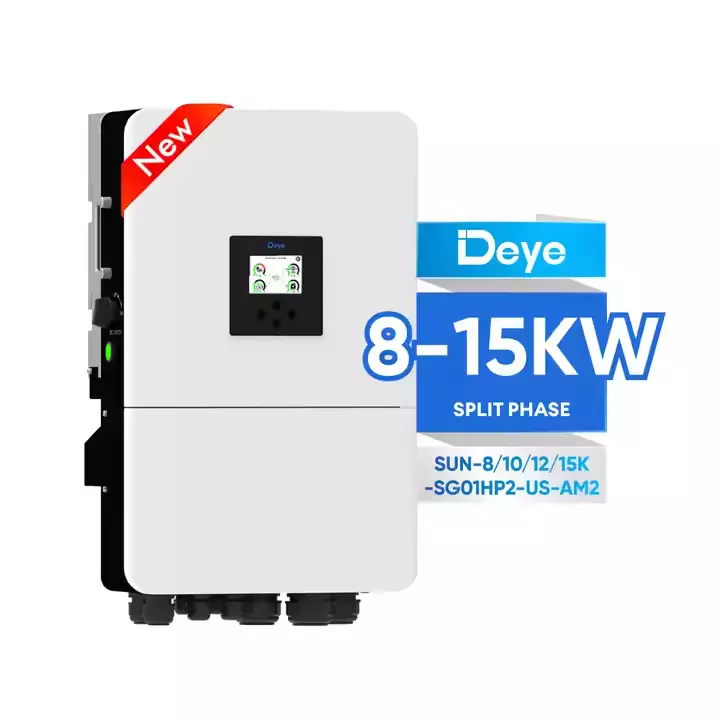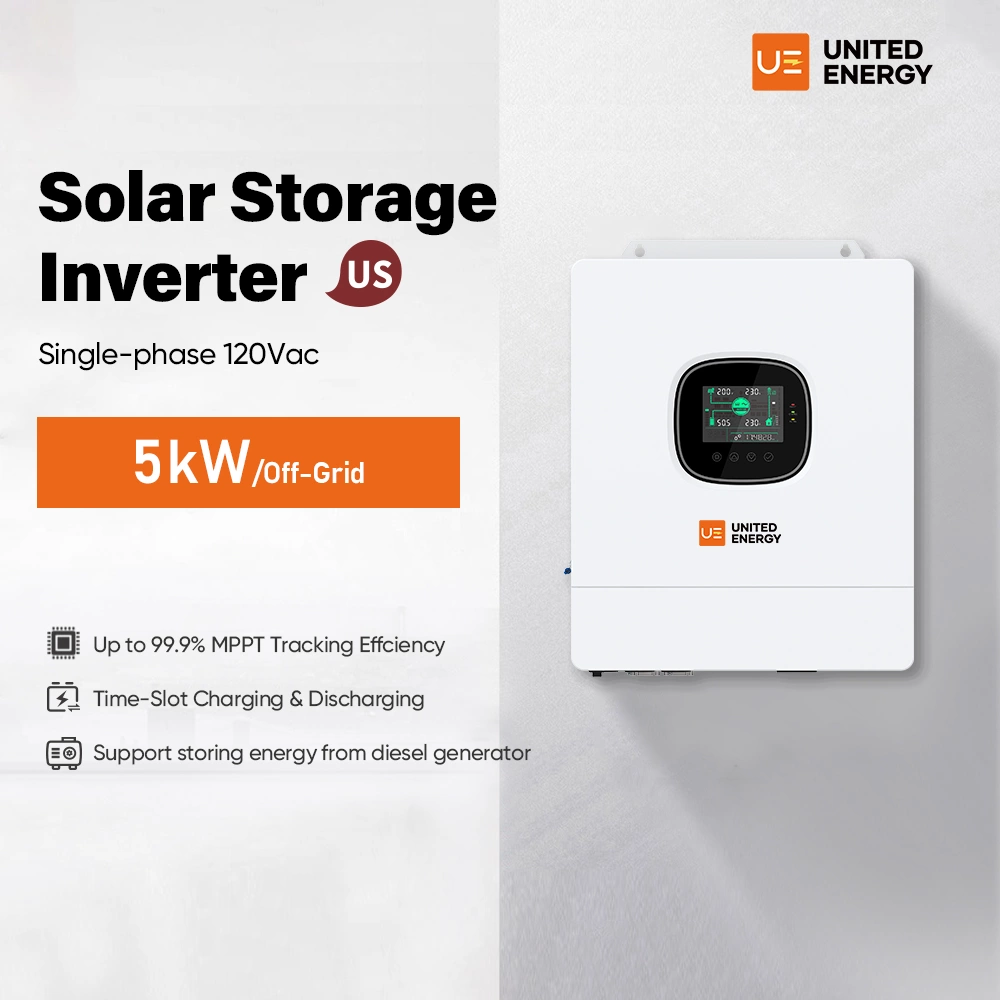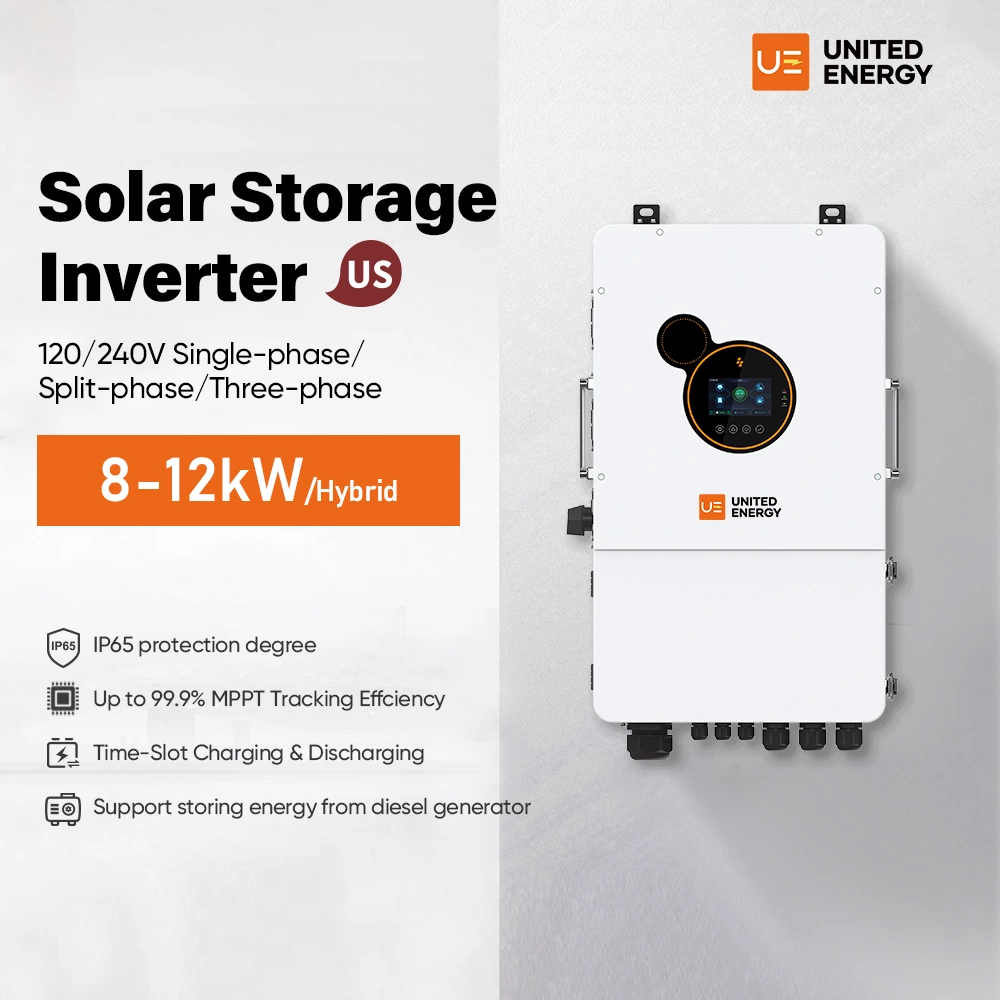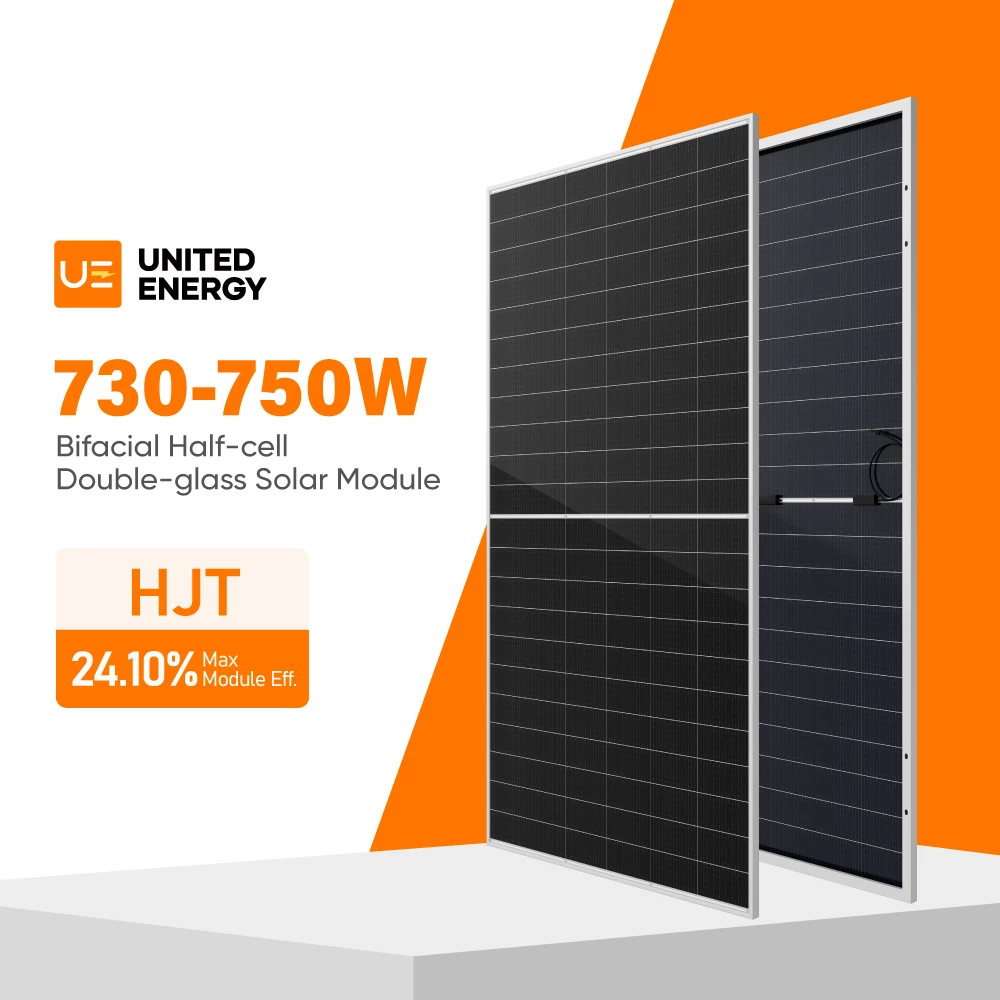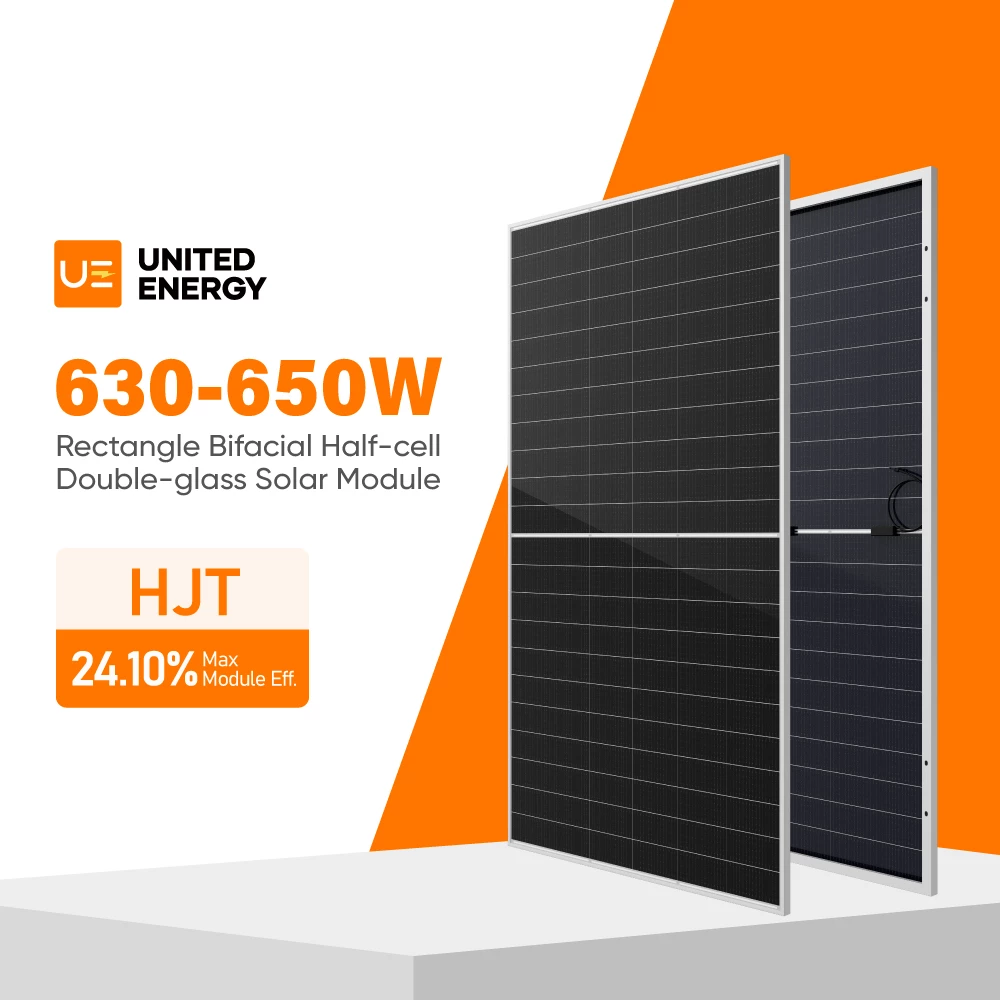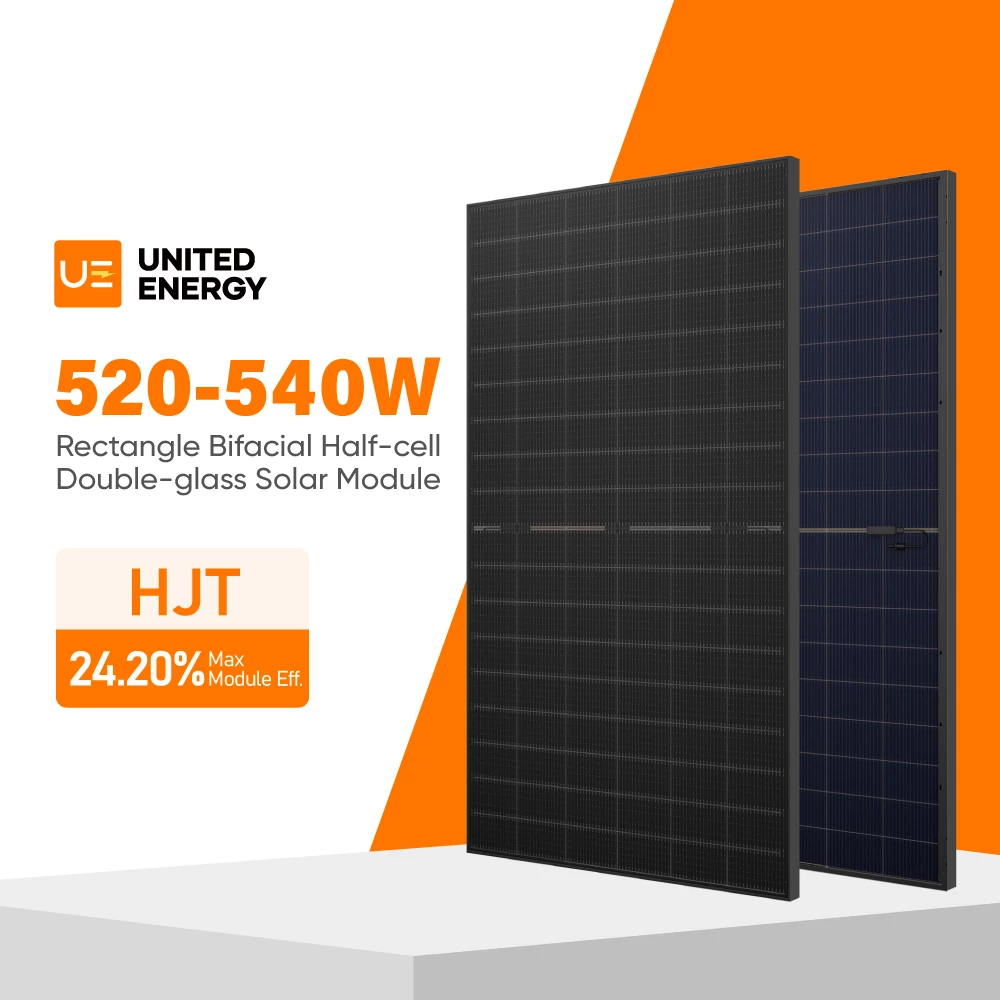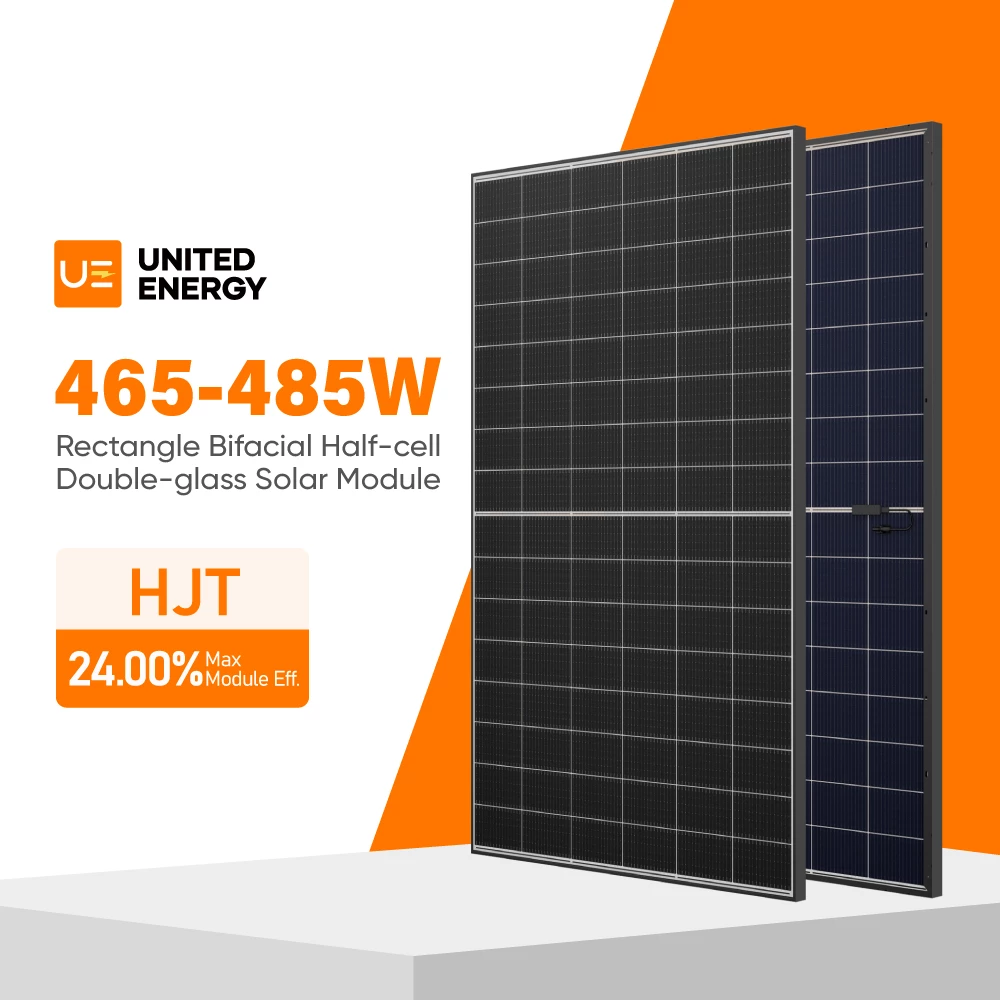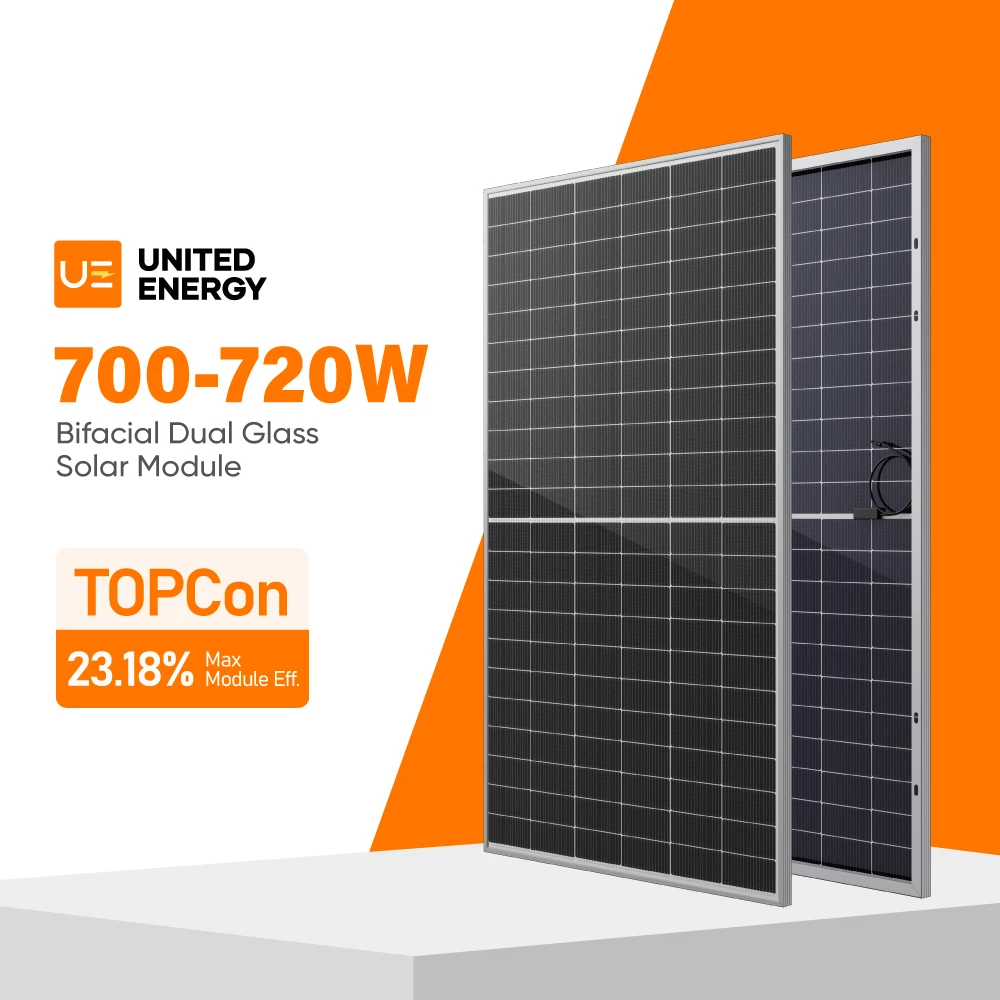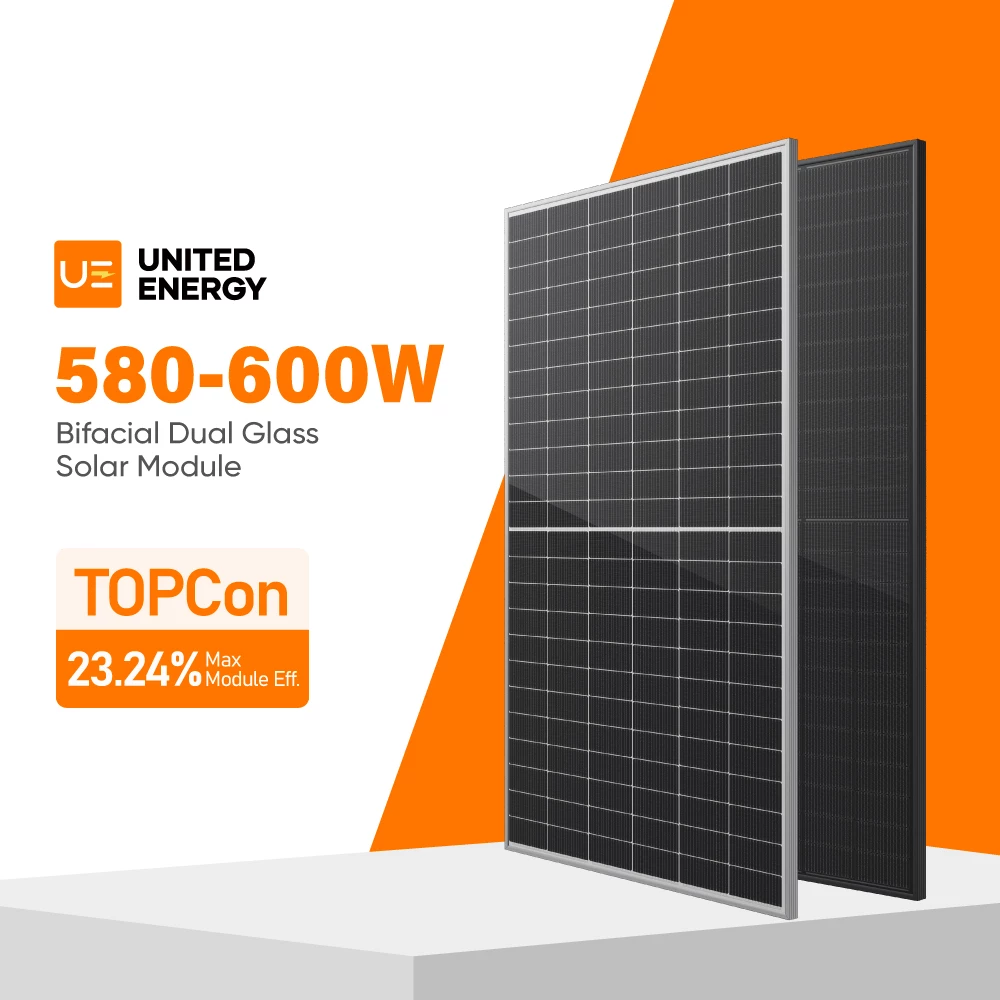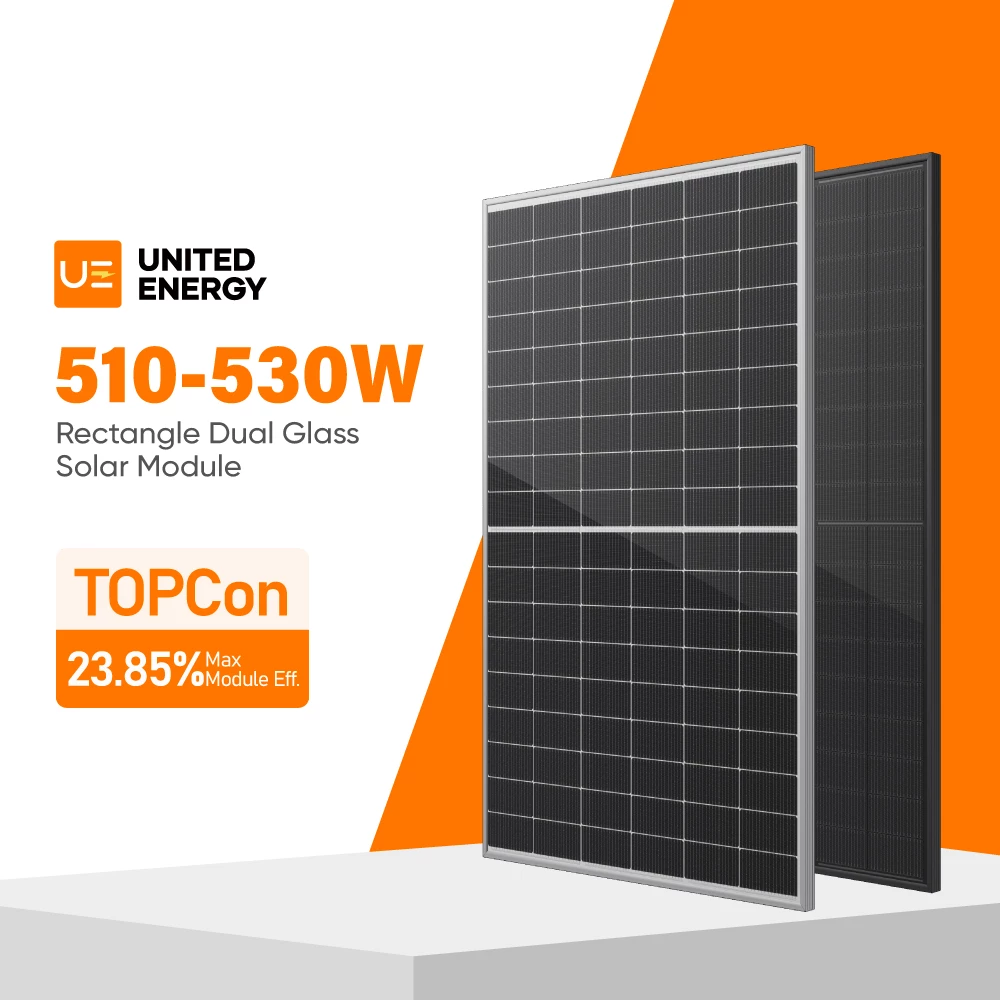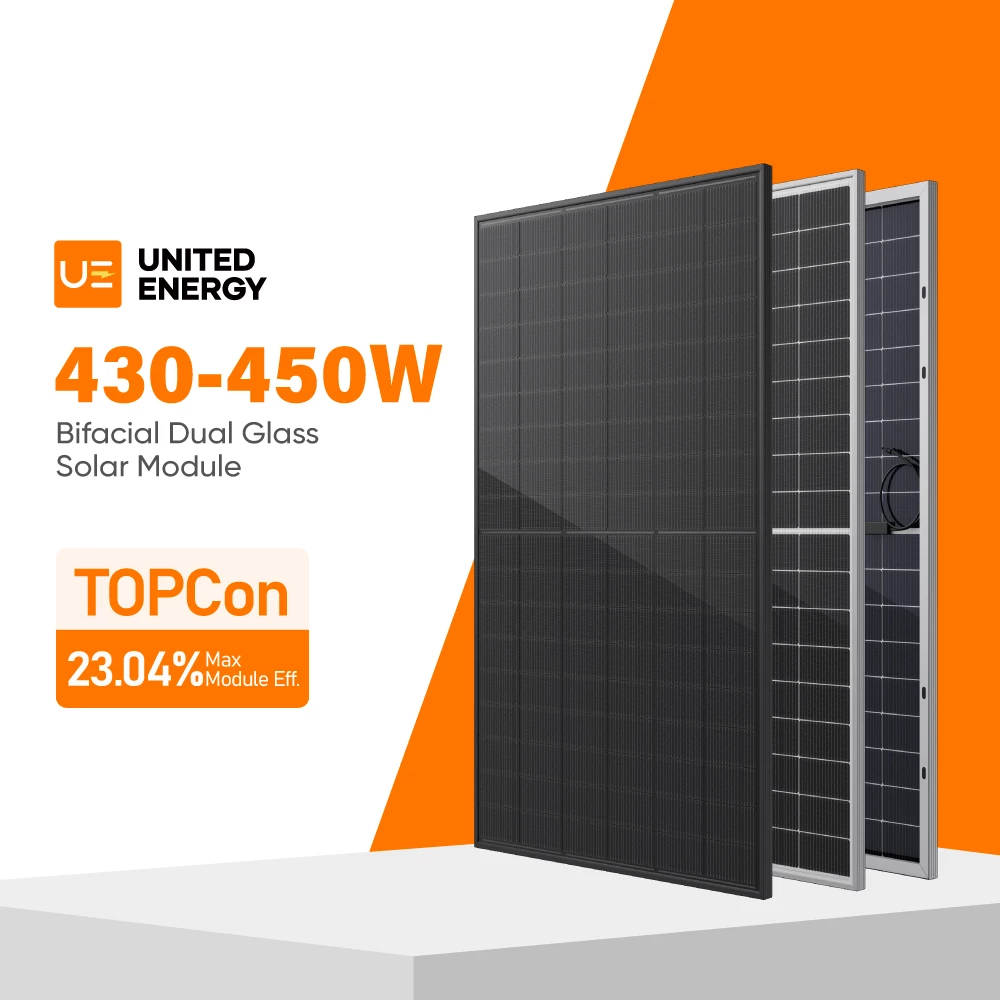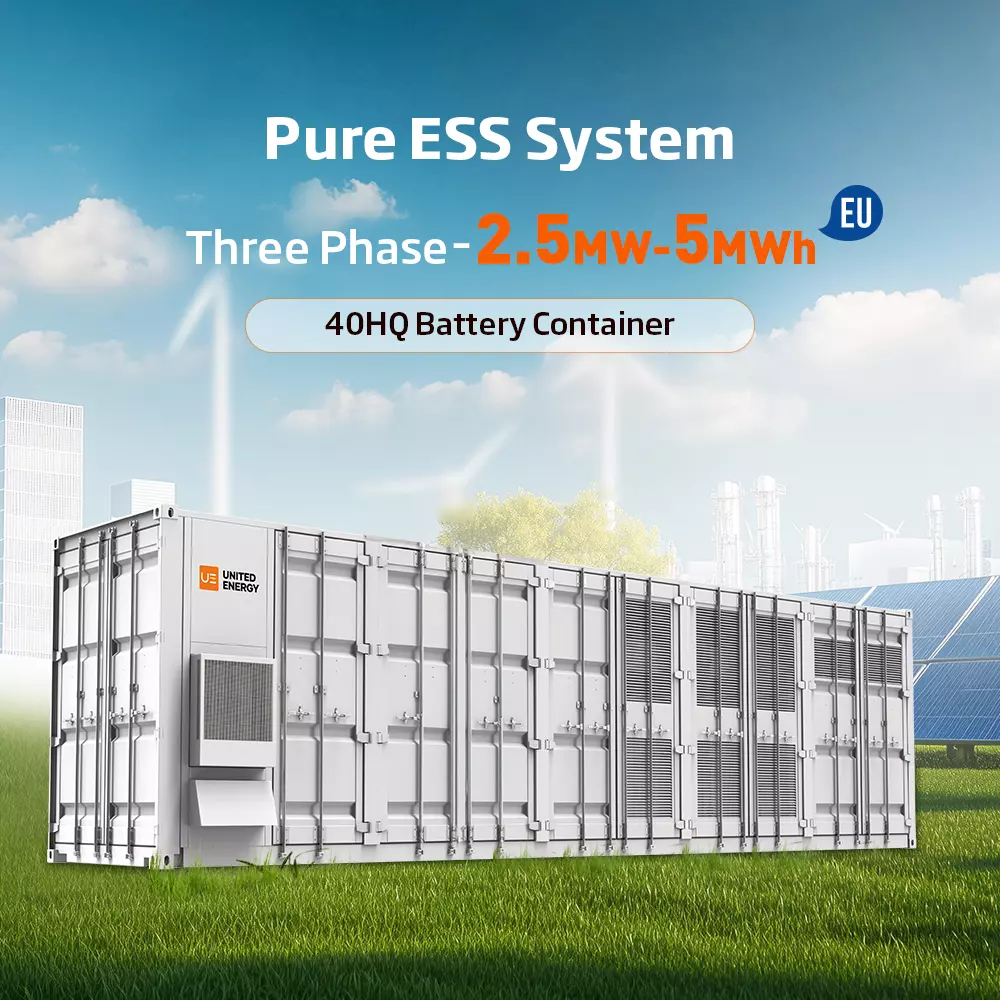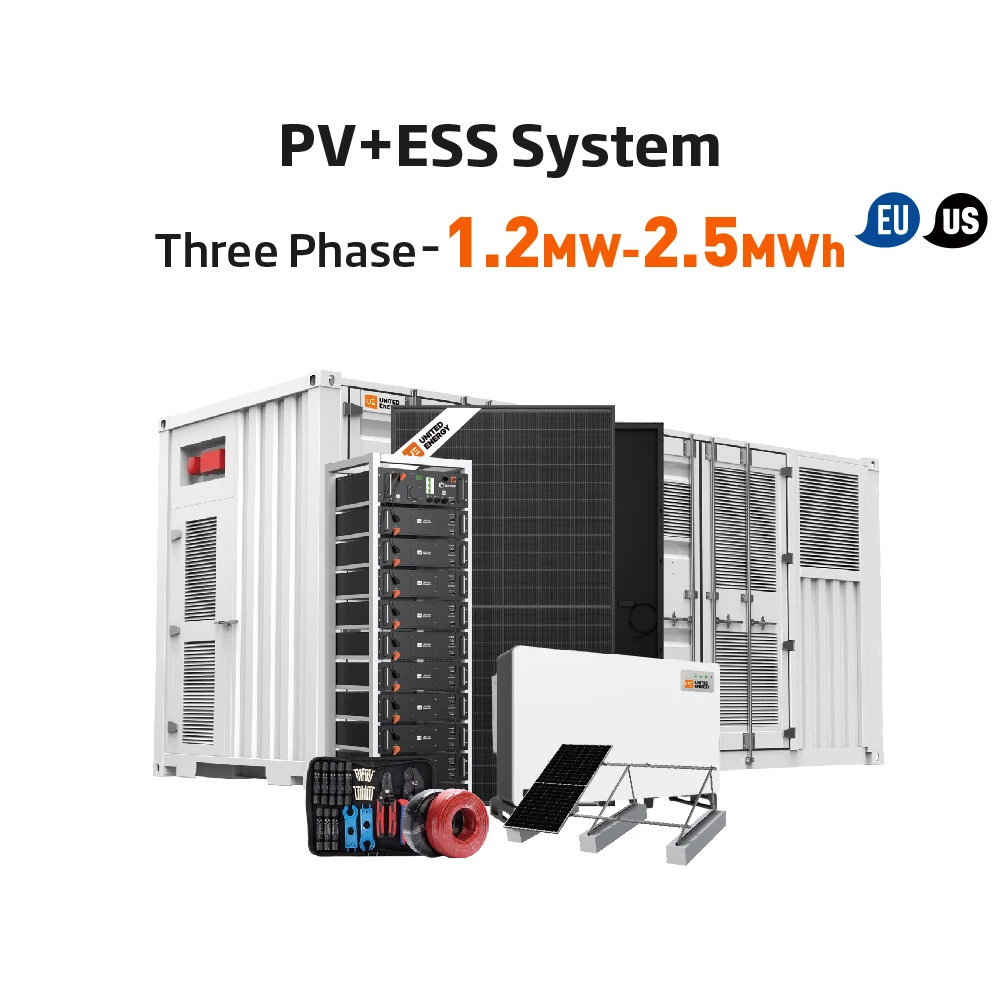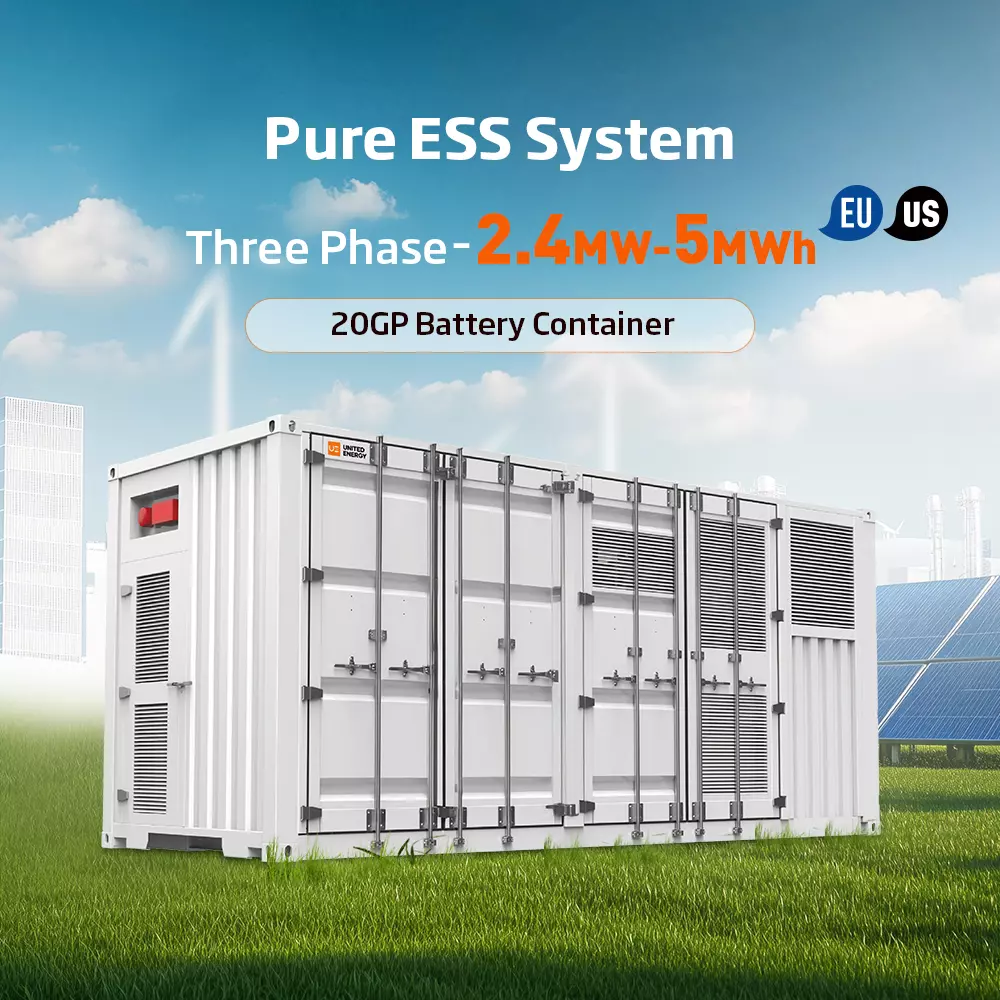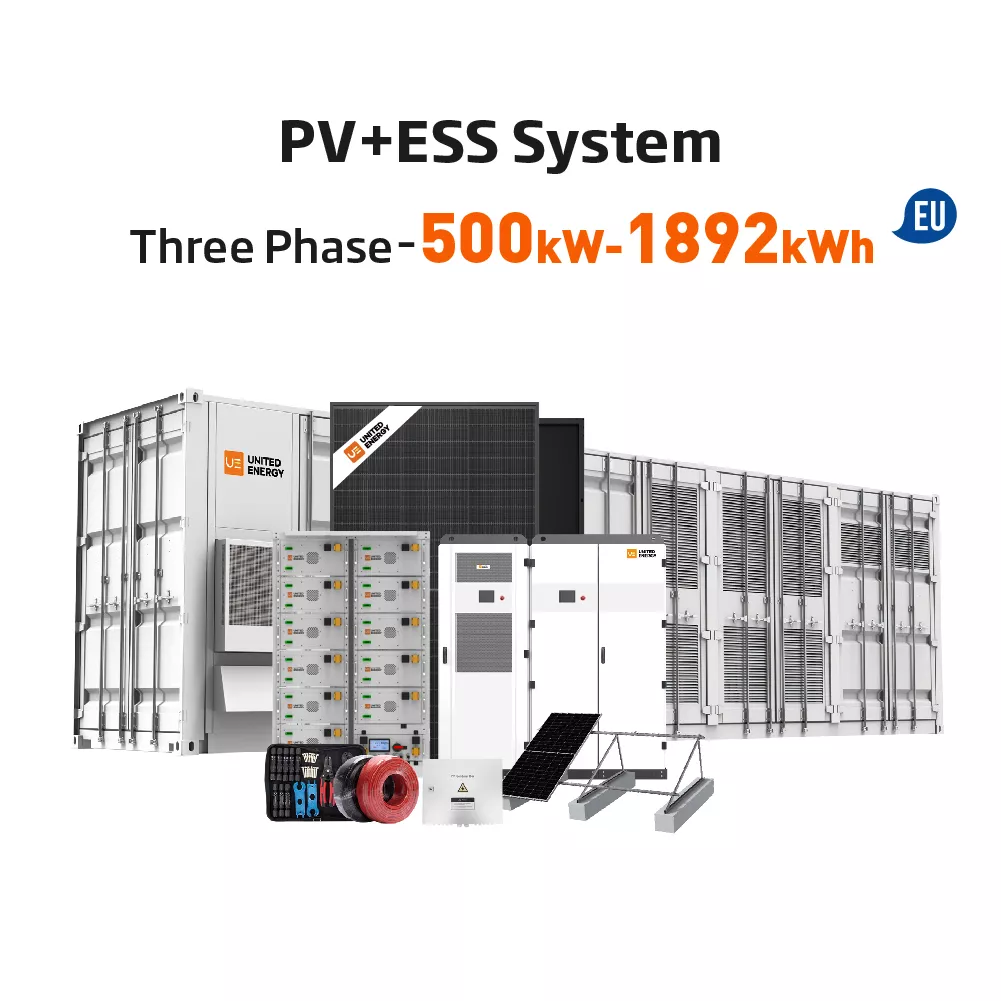About Solar Enenrgy Solutions
Products and Services
Cost and Energy Savings
Environment and Sustainability
Ordering and Logistics
Installation and Usage
Safety and Performance
After-Sales Service
Other Questions
-
Q:
What is a solar system?
A:
Solar energy system is a system that converts solar energy into electrical energy house appliances use or sold to the public grid. The system mainly includes: solar panels (produce DC power); and inverter (converts DC power into AC power) for households to use or sell to the publicgrid. Mounting systems are used to support and fix the solar panels based on the appropriate installation angle; At the same time, adding battery storage that can be used at night or on cloudy days is optional.
-
Q:
What are the main types of photovoltaic (PV) solutions?
A:
1. Grid-connected PV system Directly connected to the public grid, the generated electricity is fed into the grid and used for household appliances. 2. Off-grid PV system Operates independently of the public grid, usually equipped with energy storage equipment ( lithium batteries or lead-acid batteries) to achieve energy independence. 3. Hybrid PV system Combining both grid-connected and off-grid, it can be connected to the public grid and energy storage system at the same time, using solar power generation to supply electricity during the day, and storing the surplus electricity in batteries or feeding it into the public grid; using energy storage electricity at night or during power outages.
-
Q:
What is an energy storage solution, and what scenarios is it suitable for?
A:
Energy storage system stores the electricity generated by solar panels in batteries for use at night or when there is no electricity. Includes batteries, inverters, and energy management systems, and is suitable for off-grid and hybrid power supply scenarios. Suitable for home, commercial, industrial, off-grid areas, emergency power supply, etc. Improving energy utilization and ensuring power supply stability, also suitable for areas without electricity.
-
Q:
How long is the lifespan of a PV system?
A:
Solar system lifetime is usually around 25-30 years, but the actual life span varies depending on the level of maintenance and environmental conditions. The main products are as follows: 1. Solar panel life span: generally 25-30 years; 2. Inverter: generally 10-15 years, needs to be replaced 1-2 times; 3. Energy storage battery (optional): life span: 5-15 years, depending on the specific type and usage; 4. Bracket and mounting structure life span: 25 years (usually matched with the solar panel). 5. Cables and connectors: 10-20 years, high-quality materials can extend the life span.
-
Q:
What solar systems and services do you offer?
A:
United Energy offers grid-connected, off-grid and hybrid solar energy systems, and provides the following services: Solution design: Customize the design of energy systems according to customer needs to optimize power generation efficiency and ROI; Equipment supply: Provide core components such as high-efficiency solar panels, inverters, and energy storage batteries, as well as accessories such as brackets and monitoring systems; Installation guidance: Provide professional installation technical support to ensure efficient and safe operation. System integration: Integrate solar power generation and energy storage systems to achieve the best configuration; Technical training: Provide professional training on PV system installation, maintenance, and operation according to customer needs.
-
Q:
What certifications and quality assurances do your products have?
A:
United Energy's products meet the safety certification standards of Europe and the United States and are currently sold to more than 150 countries around the world Main product warranty period: Solar panels: 25-30 years; Inverters: 5-10 years Lithium batteries: 10 years
-
Q:
How long does it take to install the system?
A:
The installation time varies depending on the system capacity. A 100kW system takes about a week to complete.
-
Q:
How much does it cost to install a solar system?
A:
The cost mainly includes equipment costs (PV panels, inverters, energy storage batteries), transportation costs, and installation costs (brackets, wiring, labor). For details, please consult UE sales engineers
-
Q:
How much can I save on electricity bills by using solar energy?
A:
Because each region has different power generation and electricity prices, the final power generation varies greatly. The calculation formula is as follows: = Annual power generation × self-use ratio × electricity price + Annual power generation × grid-connected ratio × grid-connected electricity price
-
Q:
What is the return on investment (ROI) period for the system?
A:
The ROI of a PV system depends on many factors, including the initial investment of the system, local electricity prices, sunshine conditions, self-use ratio, grid-connected electricity prices, maintenance costs, etc. Generally speaking, the ROI of a PV system is usually between 3 and 10 years.
-
Q:
Are there any government subsidies or incentive policies available?
A:
Governments will issue subsidies, incentive policies and related regulations through their energy, environment or renewable energy departments. Please refer to the regional and national energy bureaus and government notices for details.
-
Q:
What environmental benefits does using a solar system offer?
A:
Using solar energy systems can reduce pollution and greenhouse gas emissions, help protect the environment, reduce dependence on fossil fuels, and promote green energy development.
-
Q:
Is my area suitable for installing a solar system?
A:
To determine whether a region is suitable for installing a solar system, you can check the annual sunshine hours in the area and whether there is enough sunshine. You can also refer to electricity prices, subsidy policies and installation costs. Consult the UE team for a free assessment.
-
Q:
Can the system meet 24/7 power supply needs?
A:
It is necessary to evaluate the system's power generation capacity, battery storage capacity, and local sunshine conditions. By calculating the system's power generation and storage capacity, combined with the power demand of the home or business, it can be determined whether it is sufficient to support all-weather power supply.
-
Q:
How can I order your products?
A:
Contact our sales engineers, they will design the most suitable solution for you and help you complete the ordering and delivery of products.
-
Q:
Can your products be shipped abroad? What shipping methods are available?
A:
Products can be shipped to global markets, mainly by sea shipping. UE team can also arrange shipping services for you to the nearest port or to your door.
-
Q:
What is the delivery time?
A:
Depending on the type and quantity of the products ordered, delivery can usually be completed within 7-15 working days.
-
Q:
What prerequisites are needed to install a solar system?
A:
Installing a solar energy system requires a suitable roof or site, sufficient sunlight, a reasonable assessment of electricity demand, and relevant financial preparation.
-
Q:
How can I determine if my roof is suitable for PV panel installation?
A:
Need to consider the roof's orientation, space size, obstructions (such as shadows from trees or buildings), and structural load-bearing capacity. If you don't know how to evaluate, please contact the UE team for free customization.
-
Q:
Will the installation process impact my house?
A:
The installation process mainly involves fixing the solar panels and inverters on the roof, which may have a small impact on the roof surface. The professional installation team will ensure safe operation and reduce damage to the house.
-
Q:
Do you provide both grid-tied and off-grid system designs?
A:
Yes, we offer both grid-connected and off-grid PV system design services. We will design the most suitable system solution based on your needs, location and power consumption.
-
Q:
Can the system operate normally in extreme weather (e.g., snowstorms or high temperatures)?
A:
Solar energy system is waterproof, dustproof and windproof, and can cope with blizzards and high temperatures. However, extreme weather may affect power generation efficiency, and it is recommended to use energy storage batteries as a backup power source.
-
Q:
How do you ensure the safety of the system?
A:
Choose certified high-quality equipment, regularly check batteries and inverters, install overload protection and circuit breakers, use fire-proof materials, and the products provided by UE will follow installation specifications and standards.
-
Q:
What is the power generation efficiency of the system?
A:
The power generation efficiency of the photovoltaic energy storage system depends on the efficiency of the solar panels, the inverter conversion efficiency, and the charging and discharging efficiency of the energy storage battery. Generally speaking, the conversion efficiency of solar panels is between 15% and 25%, the efficiency of inverters is usually 95%-99%, and the efficiency of energy storage batteries is about 85%-95%. The efficiency of the overall system will be affected by sunlight conditions, system design and maintenance.
-
Q:
Does the system come with a warranty? What does the warranty cover?
A:
Photovoltaic energy storage systems usually have a warranty period of 5-30 years. The warranty usually covers the performance of solar panels, the quality of inverters and batteries, and system installation fault repairs, but does not cover man-made damage or natural disasters. Please contact UE sales engineers to provide you with detailed warranty documents.
-
Q:
What types of after-sales support do you provide?
A:
After-sales support for photovoltaic energy storage systems includes equipment maintenance, fault diagnosis and repair, remote monitoring, technical training, software updates, performance optimization, spare parts supply, warranty services, and upgrade recommendations to ensure the efficient operation of the system.
-
Q:
Can you offer customized services for special customer needs?
A:
Yes, the photovoltaic energy storage system supports customized services. We can adjust the capacity design, functional modules, installation scheme and control strategy according to customer needs, provide personalized solutions and ensure that the system is perfectly matched with the user's application scenarios.
-
Q:
Does the system require regular maintenance?
A:
Energy storage systems require regular maintenance to ensure normal operation. This includes regular cleaning of panels, checking battery power and battery health to avoid over-discharge or over-charging to ensure battery performance; checking the working status of the inverter to ensure conversion efficiency; and checking cables and connectors to avoid aging or damage that may cause system failures. Regular inspection and maintenance can extend the service life of the system and ensure its stable, safe and efficient operation. The maintenance frequency is usually annual or based on usage.
-
Q:
How do you provide support if there’s a problem with the system?
A:
United Energy engineers will assist to fix remotely or contact the local after-sales service center.
-
Q:
Is the system easy to monitor and manage?
A:
The monitoring and management of PV and energy storage systems is very convenient, equipped with intelligent monitoring platforms, which can view data such as power generation, energy storage status, and power consumption in real time through mobile phones or computers. Users can also remotely diagnose faults, optimize energy efficiency, and improve the convenience of system operation and management.
-
Q:
How can an existing solar system be upgraded?
A:
Add or replace solar modules: If the power demand increases or the power generation capacity of the existing system is insufficient, add or replace solar modules can be added to increase the power generation. Upgrade the inverter: If the existing inverter capacity is insufficient or aging, it can be replaced with a more efficient or larger capacity inverter to optimize energy conversion efficiency. Expand the energy storage system: Add more energy storage batteries or replace them with efficient energy storage equipment to increase energy storage capacity, especially for use during peak power demand.
-
Q:
How do I choose the right solar solution for my needs?
A:
When choosing a solar energy solution, need to consider electricity demand, budget, installation space and ROI, evaluate the capacity of the photovoltaic system, energy storage requirements and reliability, and consult the UE professional team to customize an efficient and economical solution.
-
Q:
Do you offer technical training?
A:
UE technical team provide training such as installation guidance, equipment operation, maintenance, troubleshooting and system optimization to help customers become familiar with system operation, improve operational efficiency and extend equipment life.
-
Q:
Does the system installation require special approvals?
A:
This mainly depends on local regulations. Usually it includes building permits, grid access permits and environmental assessments. Customers are advised to consult local governments or professional organizations in advance to ensure compliance.

